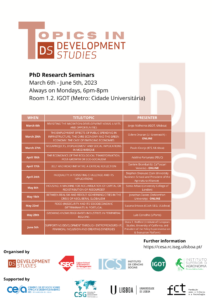CESA
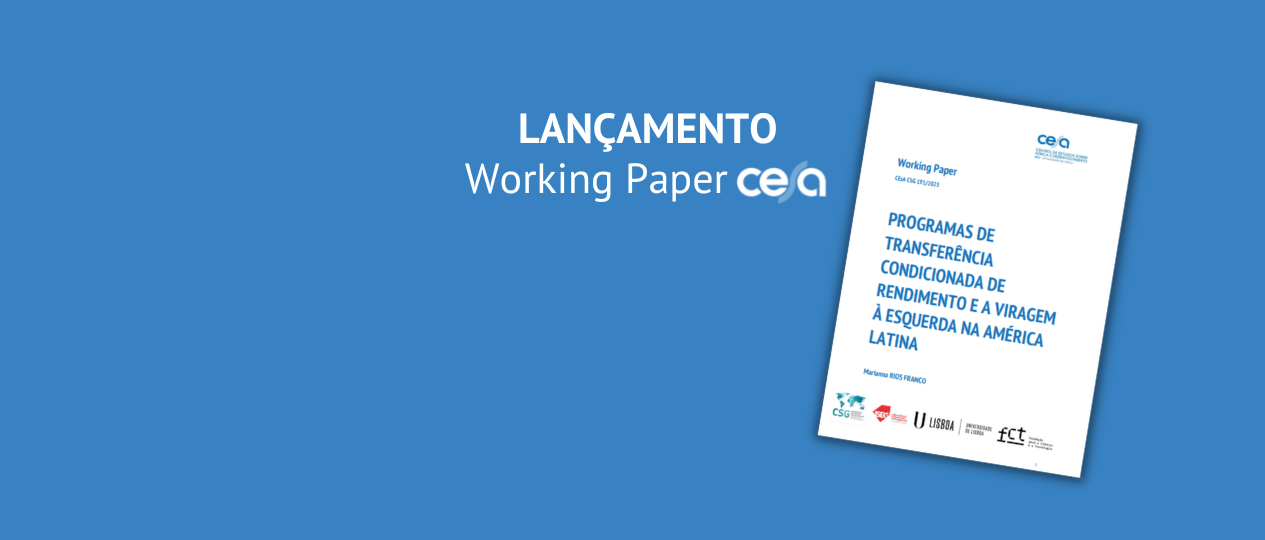
Working Paper CEsA 191/2023 analyses conditional cash transfer programmes and the left turn in Latin America
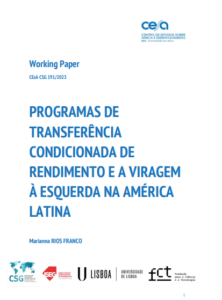 CEsA has published its fourth Working Paper of 2023: “Programas de Transferência Condicionada de Rendimento e a Viragem à Esquerda na América Latina” (nº 191/2023), in Portuguese, authored by Marianna Rios Franco, Master in Development and International Cooperation from ISEG – Lisbon School of Economics and Management.
CEsA has published its fourth Working Paper of 2023: “Programas de Transferência Condicionada de Rendimento e a Viragem à Esquerda na América Latina” (nº 191/2023), in Portuguese, authored by Marianna Rios Franco, Master in Development and International Cooperation from ISEG – Lisbon School of Economics and Management.
Click here to download the Working Paper n. 191/2023: https://www.repository.utl.pt/handle/10400.5/27516
Read the abstract below:
In the last three decades, two phenomena have emerged and expanded in waves in Latin America: Conditional Cash Transfer (CCT) programs and the arrival of left-wing governments to power. This scenario is set in a historic period of economic recovery in the Region, especially with the “commodity boom”, providing the resources and political space needed to govern on the left and promote social policies. This study works with the research hypothesis that left-wing governments were the ones that most created, supported and expanded this type of public policy in Latin America in the period 2000-2020. Thirthy-two CCTs were mapped, implemented by 18 countries in the Region, as well as their presidents and policy guidelines. In addition to reporting on the evolution of the implementation of these policies, this work carried out a quantitative analysis based on IDB and ECLAC databases about the beginning and end of these programs, as well as the evolution of the coverage of beneficiaries. The main conclusions indicate that the hypothesis is only partially and limitedly confirmed. In short, left-wing governments achieved the highest numbers in absolute terms regarding the creation and expansion of CCTs in the region, but centrist governments achieved the highest rates of new programs and increased coverage (in relative terms) – with subtle differences in outcomes between left-wing and centrist governments. Thus, we conclude that the adoption and expansion of CCTs among Latin American countries in the last two decades was largely independent of the political orientation of the governments considered. It was, above all, a regional stake that crossed ideologies, historical moments and economic crises to redistribute income over the last 20 years to more than 100 million people.
Author: CEsA Communication (comunicacao@cesa.iseg.ulisboa.pt)
Image: CEsA/Reproduction
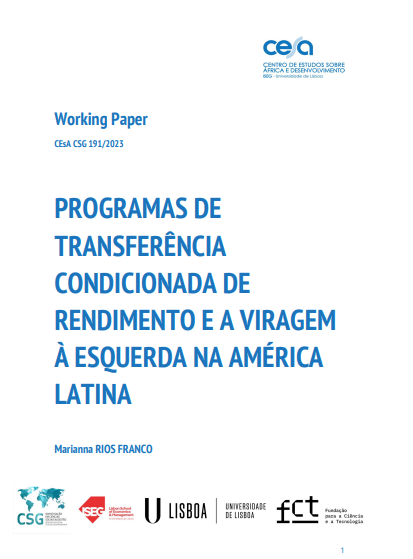
Working Paper 191/2023: Programas de transferência condicionada de rendimento e a viragem à esquerda na América Latina
Abstract:
In the last three decades, two phenomena have emerged and expanded in waves in Latin America: Conditional Cash Transfer (CCT) programs and the arrival of left-wing governments to power. This scenario is set in a historic period of economic recovery in the Region, especially with the “commodity boom”, providing the resources and political space needed to govern on the left and promote social policies. Transferência condicionada de rendimento e a viragem à esquerda na América Latina works with the research hypothesis that left-wing governments were the ones that most created, supported and expanded this type of public policy in Latin America in the period 2000-2020. Thirthy-two CCTs were mapped, implemented by 18 countries in the Region, as well as their presidents and policy guidelines. In addition to reporting on the evolution of the implementation of these policies, this work carried out a quantitative analysis based on IDB and ECLAC databases about the beginning and end of these programs, as well as the evolution of the coverage of beneficiaries. The main conclusions indicate that the hypothesis is only partially and limitedly confirmed. In short, left-wing governments achieved the highest numbers in absolute terms regarding the creation and expansion of CCTs in the region, but centrist governments achieved the highest rates of new programs and increased coverage (in relative terms) – with subtle differences in outcomes between left-wing and centrist governments. Thus, we conclude that the adoption and expansion of CCTs among Latin American countries in the last two decades was largely independent of the political orientation of the governments considered. It was, above all, a regional stake that crossed ideologies, historical moments and economic crises to redistribute income over the last 20 years to more than 100 million people.
Quotation:
Rios Franco, M. (2023). “Programas de transferência condicionada de rendimento e a viragem à esquerda na América Latina“. Instituto Superior de Economia e Gestão – CEsA/CSG – Documentos de Trabalho nº 191/2023
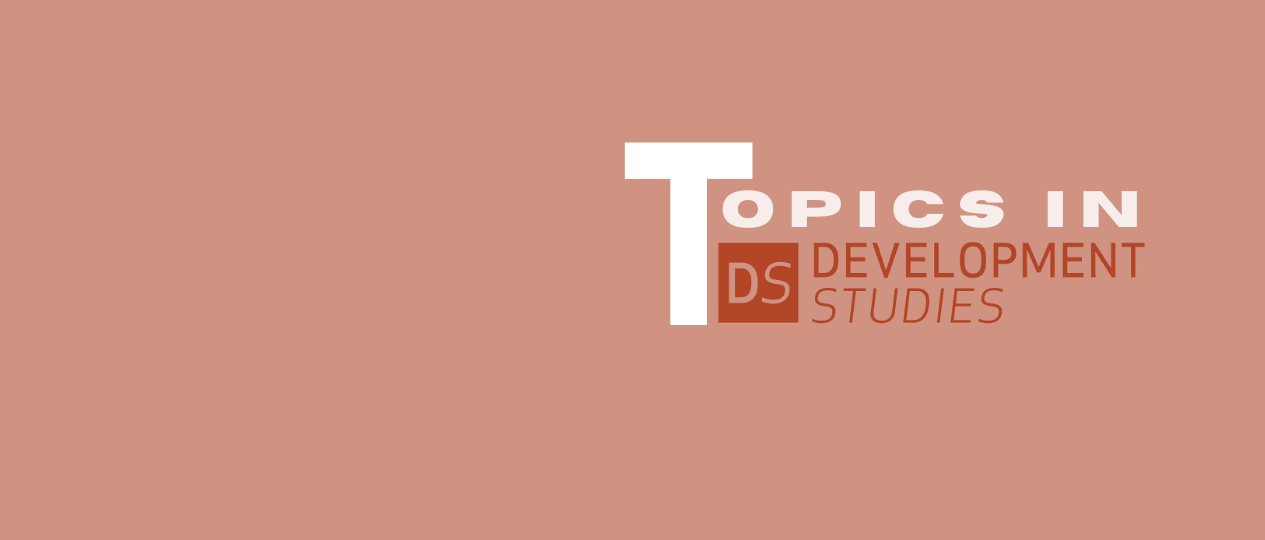
“Topics in Development Studies” 2023 | June 5th | Supporting Development through Entrepreneurship, Financial Inclusion and Creating Synergies | Dana T. Redford (Institute of European Studies – University of California and PEEP)
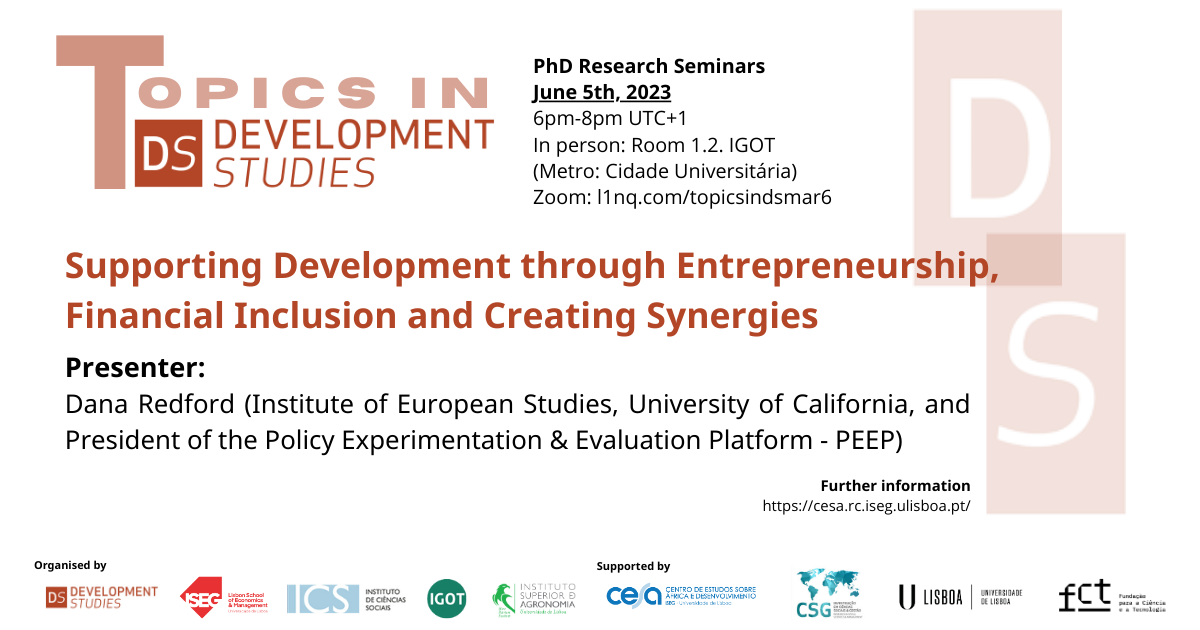
The Center for African and Development Studies (CEsA/CSG/ISEG/ULisboa) and the coordination of the PhD in Development Studies (PDED) invite you to the eleventh session of the cycle of seminars “Topics in Development Studies 2023”, which will have as its theme “Supporting Development through Entrepreneurship, Financial Inclusion and Creating Synergies” and will be presented by Dana Redford, Senior Fellow at the Institute of European Studies (University of California) and President of the Policy Experimentation & Evaluation Platform (PEEP) on June 5th, 2023, from 6 pm to 8 pm (UTC+1), at Room 1.2. at IGOT (Rua Branca Edmée Marques, Edifício IGOT, Cidade Universitária, 1600-276 Lisboa; Estação do metro: Cidade Universitária). Link Zoom: https://videoconf-colibri.zoom.us/j/97896355770?pwd=SHV5TTZoV2NZaXUxSnBoV2JOaDBnZz09.
About the event
The “Topics in Development Studies 2023” Seminars promote in-depth and advanced discussions on Development Studies and are an initiative within the scope of the PDED. The PhD is a joint program between ISEG – Lisbon School of Economics and Management, ISA – Instituto Superior de Agronomia, ICS – Instituto de Ciências Sociais, and IGOT – Institute of Geography and Land Planning.
Seminars will take place from March 6th to June 5th, 2023, always on Mondays, from 6 pm to 8 pm (UTC+1), at Room 1.2. at IGOT (Rua Branca Edmée Marques, Edifício IGOT, Cidade Universitária, 1600-276 Lisboa; Estação do metro: Cidade Universitária). The 10 sessions will be in a hybrid format (in person and online) and with free admission.
Eleventh session of the “Topics in Development Studies 2023” Seminars
Theme: Supporting Development through Entrepreneurship, Financial Inclusion and Creating Synergies
Presenter: Dana Redford, Senior Fellow at the Institute of European Studies (University of California) and President of the Policy Experimentation & Evaluation Platform (PEEP)
Date and time: June 5th 2023 (Monday), from 6pm to 8pm (UTC+1)
Hybrid event and with free admission
In person at Room 1.2. at IGOT (Rua Branca Edmée Marques, Edifício IGOT, Cidade Universitária, 1600-276 Lisboa; Estação do metro: Cidade Universitária)
Link Zoom: https://videoconf-colibri.zoom.us/j/97896355770?pwd=SHV5TTZoV2NZaXUxSnBoV2JOaDBnZz09
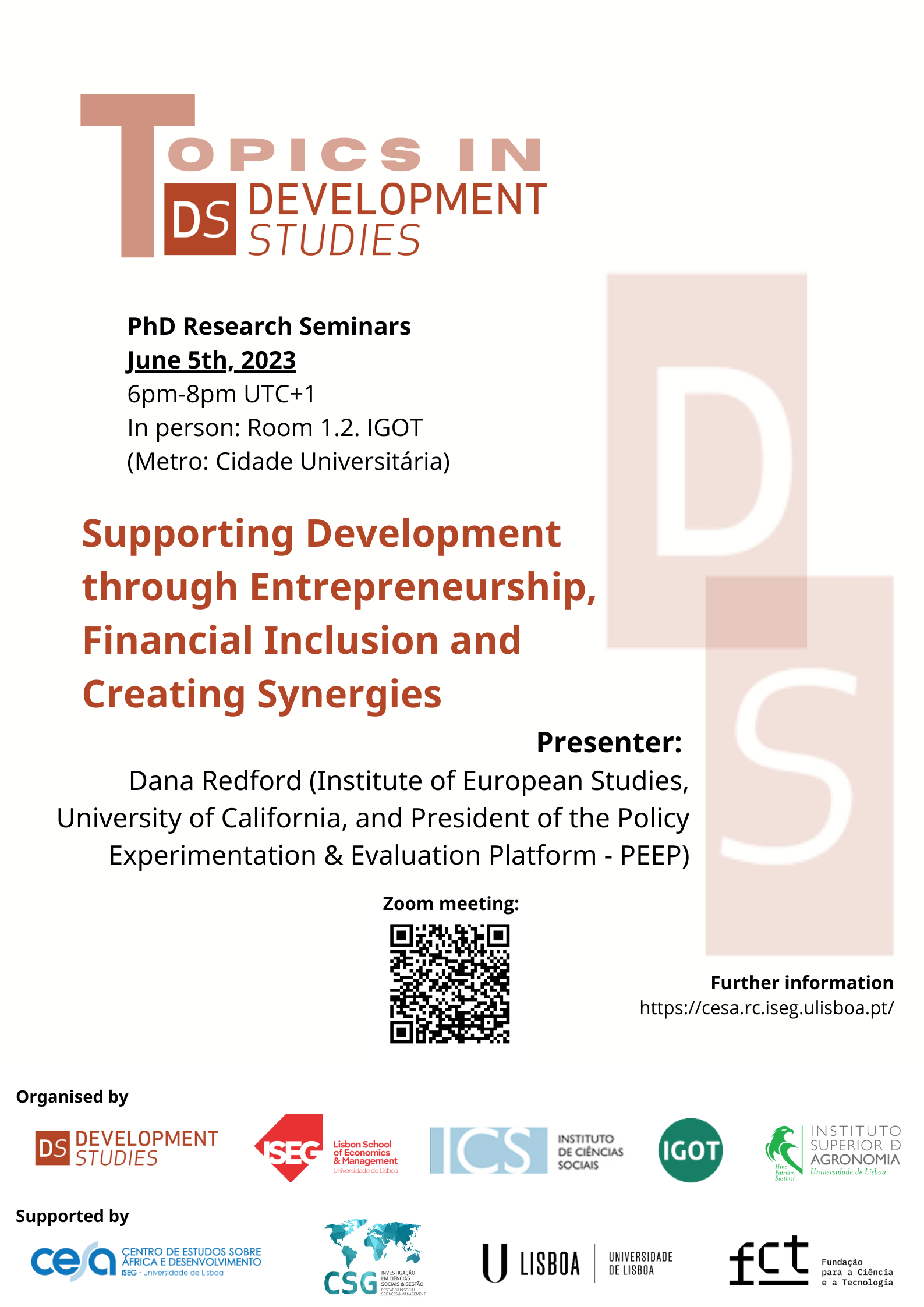
Click on the image below to access the programme
Read more:
Playlist “Topics in Development Studies 2022” on CEsA’s YouTube channel
Author: CEsA Communication (comunicacao@cesa.iseg.ulisboa.pt)
Image: CEsA/Reproduction
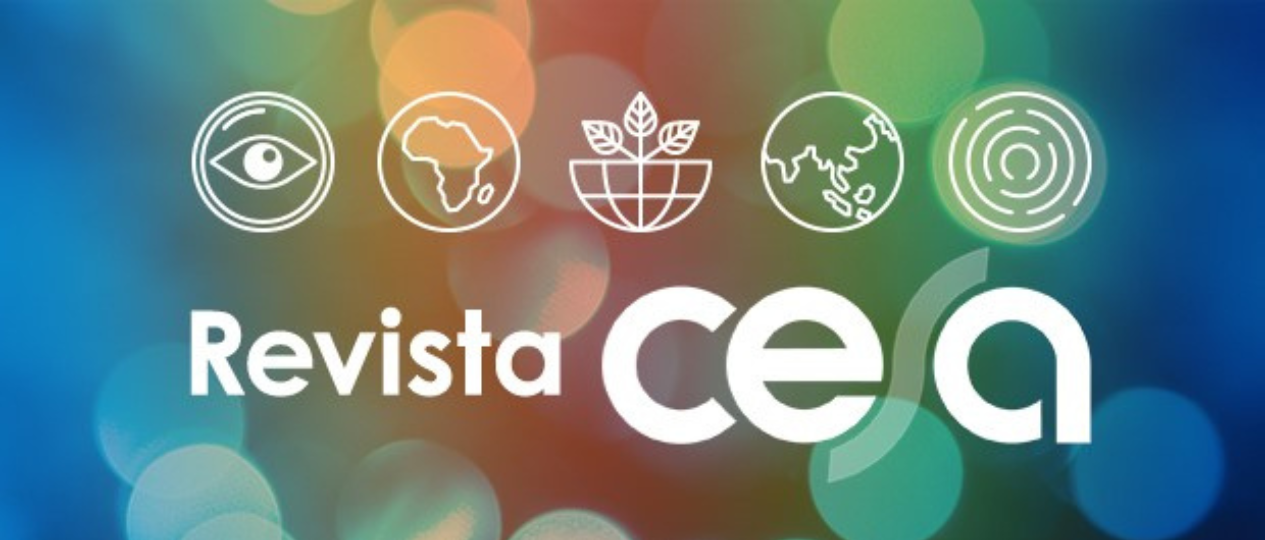
CEsA Digital Magazine #1 | Research: The cycle of “CEsA Thinks” seminars brings innovation to the PhD in Development Studies by encouraging the presentation, discussion and publication of the work done by the doctoral students

The initiative came from two PhD graduates, Vincent Agulonye and Daniel Adayi, excited about the idea of encouraging their peers to hone their research and publish working papers
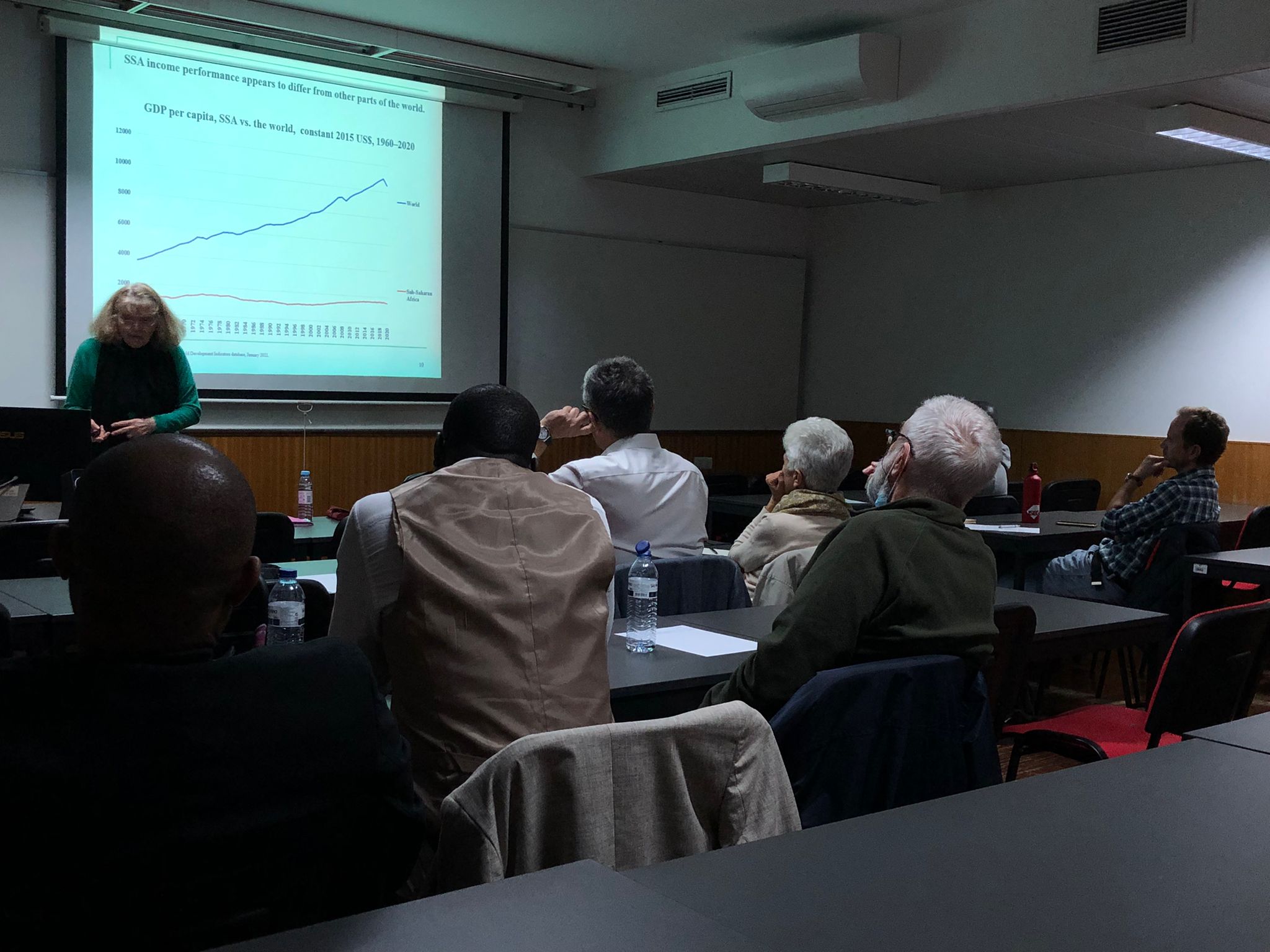
In 2022, the Centre for African and Development Studies (CEsA/CSG/ISEG/ULisboa) kicked off a new project prepared by the students on the PhD Programme in Development Studies (PDED): CEsA Thinks, a cycle of seminars to promote peer discussion on the actual research led by researchers in the development area.
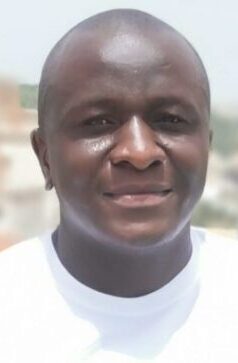
The brainchild of two PhD graduates, currently researchers at CEsA, Vincent Agulonye and Daniel Adayi, the idea behind CEsA Thinks is to organise monthly sessions with the main goal of generating contributions to and criticism of the work presented by the students. As a result, encouraging them to publish working papers from the suggestions made.
The sessions were in English and open to the public in hybrid format (in-person at ISEG and on Zoom). The opening session was held on 13 October 2022, presented by the project creators, and looked at the weaknesses and the shock effect caused by the COVID-19 pandemic among families and communities in Western Africa. Since then, there were monthly presentations by guest researchers or CEsA researchers.
Research platform
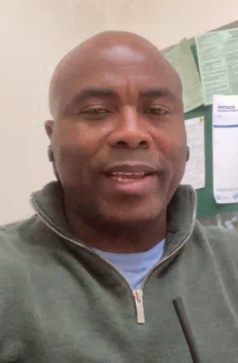
Eager to delve more deeply into their research projects beyond their PhDs, Vincent Agulonye and Daniel Adayi set up CEsA Thinks with the aim of turning it into a research platform. “Researchers present their work at a CEsA Thinks session, receive criticism and suggestions for improvements and then improve their research work”, said Adayi.
Papers are accepted from all areas of research that touch on Economics, Development Studies and Sustainability. “We want to diversify the subjects beyond those worked on under the scope of PDED student research and beyond the developing world to bring together the entire development system in a global scope”, said Agulonye.
The idea is to bring innovation to PDED and, in the near future, transform this project into a periodic academic journal. Agulonye’s goal is “to compile and publish a series of papers by PhD students in an ISEG academic journal”.
Read/See more:
CEsA Presents: CEsA Thinks 2022/2023 – Seminars | October 13th, 2022 to February 8th, 2023
Watch all sessions of CEsA Thinks Seminars
Playlist on YouTube “CEsA Thinks 2022/2023”
Text published in issue n. 1 of CEsA Digital Magazine. Authorship: Marianna Rios/Communication CEsA. Editing: Sónia Frias/CEsA Board and Filipe Batista/Communication CEsA. Translation: Inês Hugon. Design: Felipe Vaz.
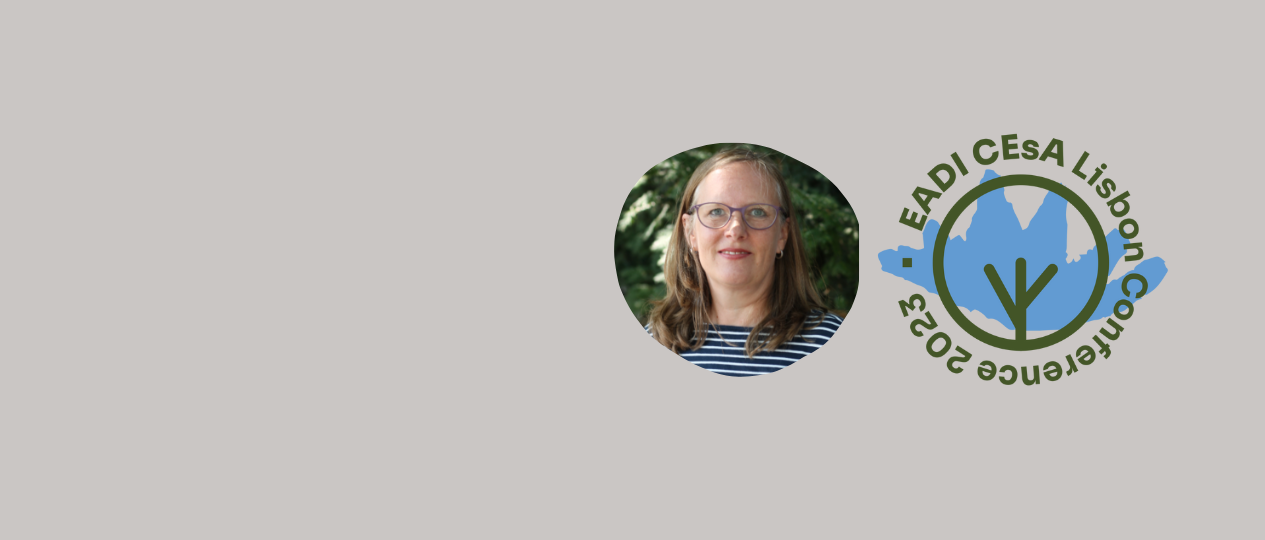
CEsA Digital Magazine #1 | Interview: CEsA and EADI are jointly organising the 2023 General Conference, the largest European conference on Development Studies

The EADI CEsA Lisbon Conference 2023 will be held at ISEG from 10 to 13 July and it is expected to be attended by around 500 participants, reflecting on and seeking solutions on the path towards New Rhythms of Development
Mapping new rhythms of development in a global setting of crises and challenges that are increasingly serious and complex: this is the focus of the EADI CEsA Lisbon Conference 2023: Towards New Rhythms of Development, the largest European conference on Development Studies, which will be held at ISEG – Lisbon School of Economics and Management from 10 to 13 July.
The Centre for African and Development Studies (CEsA/CSG/ISEG/ULisbon) is the co-organiser of the event, which is being held in Lisbon, Portugal for the first time. The General Conference, organised by the European Association of Development Research and Training Institute (EADI) every three years since 1975, will be in hybrid format (in-person and online) and registration is open.
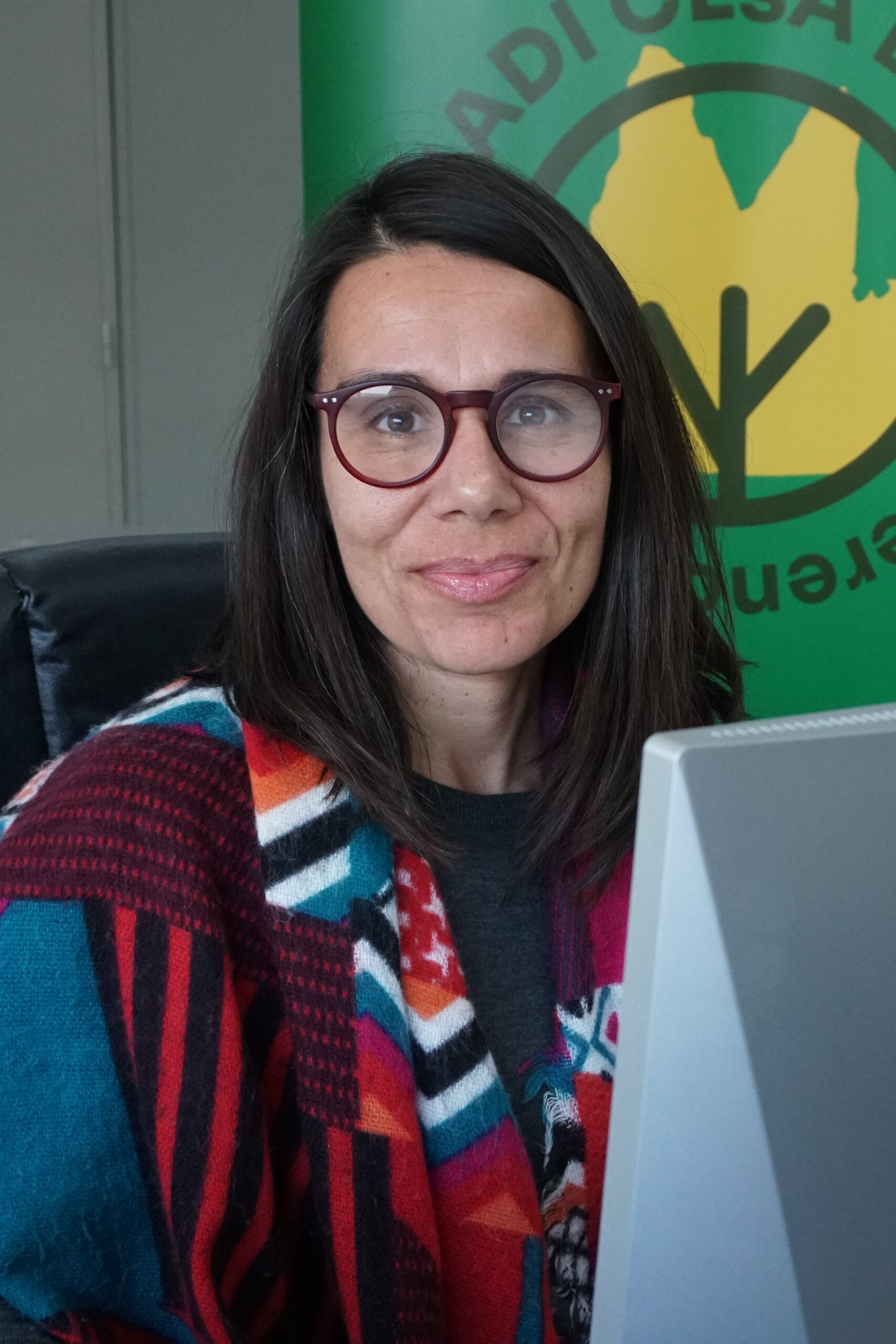
“Lisbon is an attractive city and the weather will be very good in July. We expect these factors to contribute to people’s decisions to attend the conference in person”, said Susana Costa, the CEsA representative monitoring the planning and logistics of the event.
The organisers expect the event to be attended by around 500 researchers and professionals in the areas related to development in the North and the Global South. There will be four days of debate and reflection in three main plenary sessions in the mornings and in 10 parallel sessions taking place at the same time in the afternoon, based on the approved panels: 37 Seed Panels, 15 Harvest Panels, 17 Roundtable Sessions and 3 Workshop Sessions. “There will also be a social and cultural programme at the end of the day. This will be a fundamental time for networking between participants, which could contribute to the emergence of future joint projects”, said Costa.
Common goal
The common goal of the EADI CEsA Lisbon Conference 2023 is to rethink development in light of increasingly closer global relationships, inequalities and forms of exclusion. CEsA researcher, ISEG professor and member of the Scientific Committee for the event, Alexandre Abreu, gave an example of this scenario of multifaceted crises in different spheres: climate crisis, pandemic crisis, imminent global economic recession, threats to peace and global security, etc.
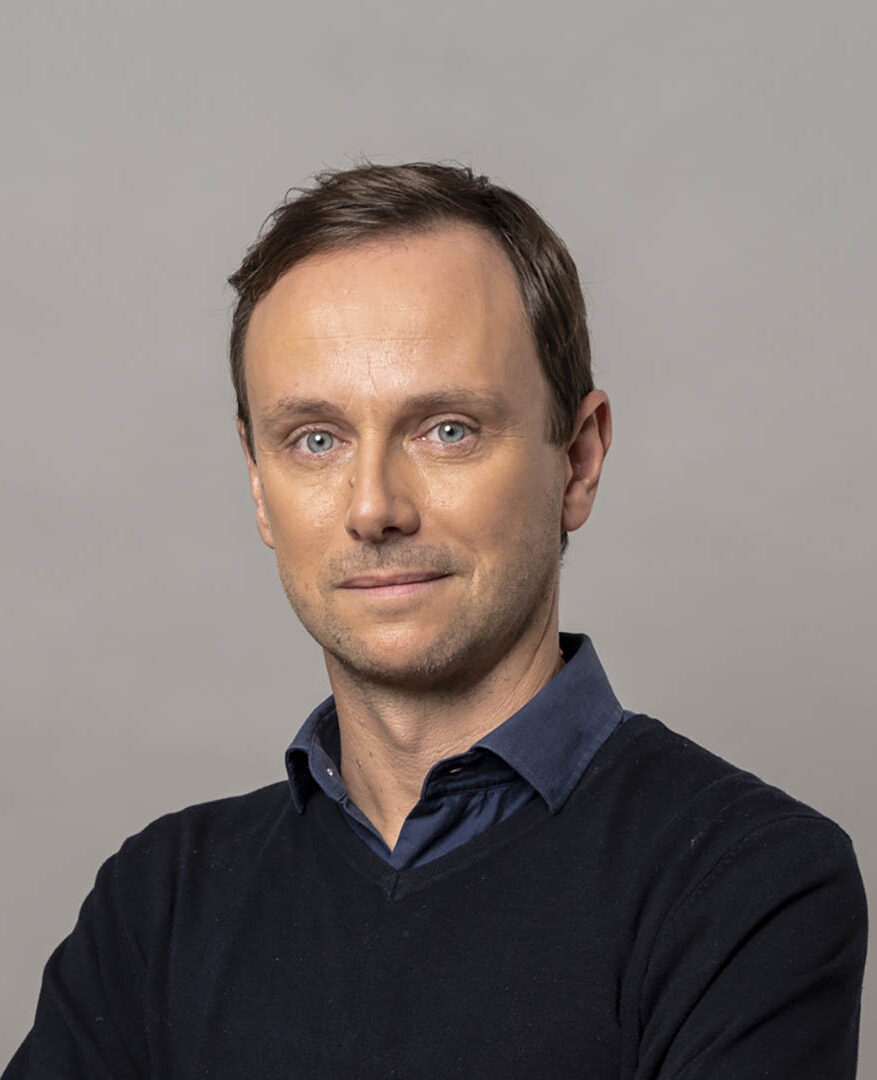
In Abreu’s opinion, “We have arrived at this moment with many concerns and a great deal of optimism is need to counter all of these very real reasons there are for being pessimistic about the world around us, but we hope it will be possible to strengthen connections through the discussions that will be had and to find solutions”.
The researcher pointed out the importance of Portuguese academic participation in the General Conference in order to reinforce both the centrality of the subjects already covered in development and cooperation studies in Portugal and to bring in other discussions that still need to be further developed in a local setting, such as “post-development”.
Learning for CEsA
The efforts made for CEsA to host the EADI General Conference began in 2019, on the occasion of the EADI Directors’ Meeting in Córdoba, Spain. “At the time, I was a member of the Board of CEsA and I went with the then Chair of CEsA, Professor António Mendonça, who had the vision to announce our availability to host this conference in order to increase the international projection of CEsA and mark the 40th anniversary of the centre and the 30th anniversary of the master’s degree in Development and International Cooperation at ISEG”, recalled Abreu.
For this member of the Scientific Committee, there are a number of attractive reasons for holding the conference in Portugal, which include the return of the event to Southern Europe and the connection between the Portuguese-speaking developing countries, particularly Portuguese-speaking Africa. “Obviously, for CEsA it has a lot to do with reinforcing our international participation in this association, but also largely to strengthen ties in terms of participation in international networks by the different researchers in the centre.”
Interview with Susanne von Itter, Executive Director of EADI – European Association of Development Research and Training Institutes
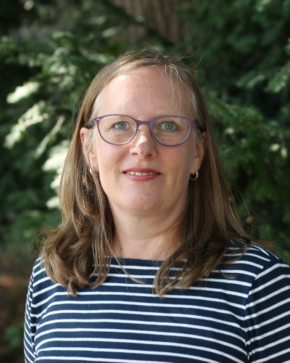
CEsA Digital Magazine: Could you briefly describe how Lisbon came to be chosen to hold the EADI General Conference in 2023? When and in what context was Lisbon chosen, why, and what are EADI’s expectations for holding its largest event in a city like Lisbon?
Susanne von Itter (EADI): Our General Conferences are a flagship event on development studies issues in Europe, and assemble over 500 researchers every three years. They allow to highlight a particular regional community of scholars, and so the CEsA approached us in 2019 already to offer to host the 2023 conference in Lisbon.
Portugal has a vibrant community of researchers and research institutes which deal with issues of inequality, development policy and African and Latin American Studies and have a long tradition in these research areas. EADI was very honoured to accept this offer.
CEsA Digital Magazine: The last time an EADI Conference was held in Southern Europe was in 1984. What’s different in this return in 2023? Are there discussions that could benefit from this context?
Susanne von Itter (EADI): The difference is that since 1984 the scope and nature of development studies have evolved: from a strong focus on development economics to discourses on inequality and decoloniality, taking environmental issues into account and recognising that we speak about global problems.
The Sustainable Development Goals and other global frameworks have set out visions for a more equitable and sustainable world both in the North and in the Global South. We have many common problems and can learn from each other. Current crises show that mainstream concepts of development concepts, linear planning models and narrow notions of progress and growth have not worked to reduce inequality in all its facets.
Re-imagining the orientation of development studies, a process that has been strengthened in the past years by critical development research has led to a process that explores the nature and adequacy of processes as well as the objectives, considering new approaches to universal, equitable and inclusive models of development.
We hope that especially the researchers from Southern Europe with their international connections to Portuguese and Spanish speaking countries in Latin America, Africa and Europe will feed their specific expertise into this discussion and inspire their colleagues from other regions of Europe and globally. All the topics you mention with benefit from this particular research.
CEsA Digital Magazine: The EADI CEsA Lisbon Conference 2023 is making an appeal to rethink the global scenario on the path towards new development rhythms. What are the main expectations of EADI for this event?
Susanne von Itter (EADI): We offer a variety of 80 panels, roundtables and workshops which do not follow the mainstream of research demanded by ministries, or of donors bodies such as the European Commission’s programmes. The topics and approaches presented go beyond, and intend to create a vivid discussion on new rhythms, creative approaches to tackle global challenges.
All this in a spirit of value based development and commitment to development studies as an agenda to protect life on Earth. And as a commitment to educate and train the younger generation at our universities and encourage them to critical thinking.
We hope that especially the young generation of researchers at the conference will drive these discussions, or at least intensively participate. We have different incentives in place to enable the young generation of scholars (from Europe and the Global South) to be involved in the conference, either as panel organisers of presenting authors.
Finally, we hope that the new rhythms addressed at the conference will also engage with innovative visions to cope with current crises. A “One World” approach is needed to cope with climate change, pandemics and armed conflicts.
We wanted to support a positive and encouraging approach when we chose the title, being aware that the multiplication of crises is a complex and serious matter and creative thinking to develop new concepts, methods and policies is needed. As the introduction to the conference theme states, we aim “to illuminate the various causes and manifestations of these current unprecedented challenges and to explore and map ‘new rhythms of development’.”
CEsA Digital Magazine: What do you think can be improved and/or strengthened in the partnership between EADI and CEsA in order to hold the largest European conference on Development Studies and what new ideas and projects could stem from this experience?
Susanne von Itter (EADI): Thanks to the good cooperation and strong team spirit in the organising team (I would like to mention Susana Vieira da Costa, Luis Mah from CEsA and Basile Boulay and colleagues from the EADI Secretariat in this context), the conference preparations were very successful already, we could attract a large number of cutting-edge panel and abstract submissions, and currently the selection process is taking place.
We hope to be able to strengthen the community of researchers in Southern Europe, and be able to have follow up events in this particular region of Europe together with CEsA. As the conference is hosting a number of panels in Portuguese, we also hope to make knowledge available that would not be visible at a solely English speaking conference, and inspire the local solution of global problems.
Read more:
Text published in issue n. 1 of CEsA Digital Magazine. Authorship: Marianna Rios/Communication CEsA. Editing: Sónia Frias/CEsA Board and Filipe Batista/Communication CEsA. Translation: Inês Hugon. Design: Felipe Vaz.

CEsA Digital Magazine #1 | CEsA 40th Anniversary: CEsA has made the complete collection of working papers produced over its 40 years of existence of the research centre available in digital format

From the very first one in 1984 to the most recent in 2023, all of the CEsA Working Papers and another 21 Brief Papers are available in digital format and can be downloaded free of charge at the Repository of the University of Lisbon
To celebrate the 40 years since its foundation, the Centre for African and Development Studies (CEsA/CSG/ISEG/University of Lisbon) has made its complete collection of Working Papers and Brief Papers available in digital format for free download at the Repository of the University of Lisbon. They can also be viewed in chronological order on the CEsA website and in the Lisbon University’s Online Catalogue, exclusive access for students.
There are more than 200 publications reflecting the path taken by scientific production in one of the oldest research centres in Portugal on African and Development Studies. From No. 1/1984 (“An experience of economic integration in Africa”, by Eugénio Inocência and Manuel Ennes Ferreira), to the most recent, No. 190/2023 (“Study of the value chain of the tourism sector in Angola as an alternative economic, social, and environmental development strategy under the Prodesi programme”, by Eduardo Sarmento), a wide variety of subjects is available to readers in Portuguese, with some editions in English and French.
“All research centres have a collection like this to publicise the type of research they’re doing. We have a very flexible and diverse collection, which shows how the research being done has developed”, explained João Estêvão, one of the founder-researchers at CEsA, responsible for research line 1 – Economics, Development and International Cooperation, and a retired ISEG professor.
The researcher is proud that the centre has been able to maintain approaches that add multidisciplinary and integrational perspectives of development: “We always took care to ensure that the Working Papers were broad in range and that they could bring in contributions from different subject areas on issues of development”.
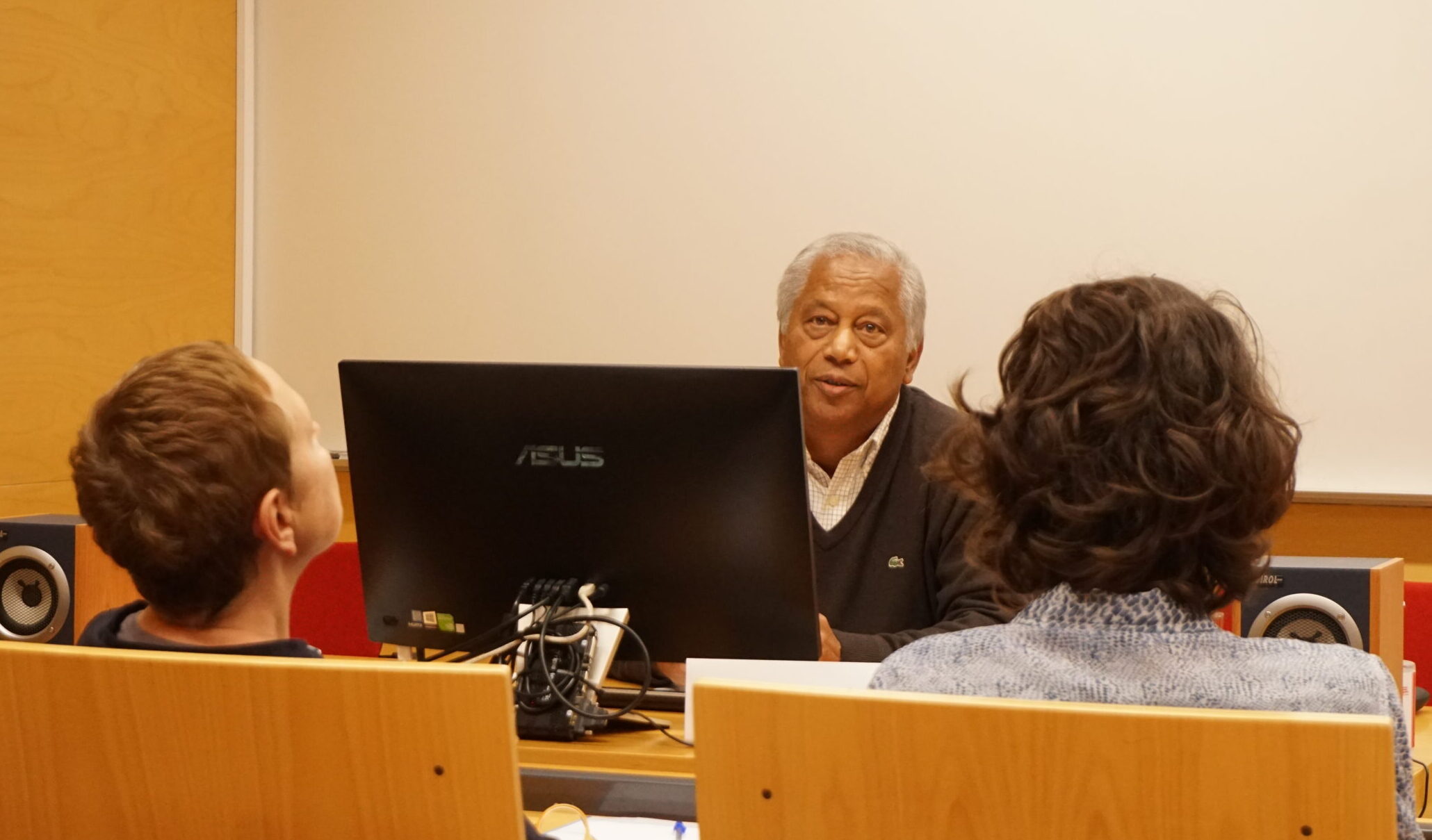
Document scanning
Scanning the Working Papers was an initiative of the Francisco Pereira de Moura Library at ISEG. The work begun during the pandemic, by librarian Paulo Fonseca, in order to expand the library’s digital archive. “My main concern was for all the information to be available in open access so that people could access the documents from anywhere. The open access mission is aimed at promoting recognition of the work of the researchers, thus increasing the impact of the research and the visibility, in this case, of ISEG”, said Fonseca.
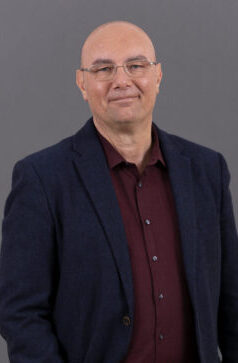
Fonseca explained that the work was done according to a methodology which consisted of a first phase of scanning the hard copy working papers and then including them in the files at the Repository of the University of Lisbon, cataloguing all the main bibliographical information (title, author, publication date, citation, abstract, keywords, etc.). “Our main goal is to make our library digital, as a driving force for the research done in the school”, he added.
He believes that the main advantage of scanning documents is the reduction of dependence on and the use of paper; freeing up the physical spaces in the library, thus contributing to minimising the amount of printed material; maintaining the quality and conservation of the paper documents, which tend to deteriorate over time. As well as for reader convenience and accessibility. “I also think that it’s very interesting for the repository to allow users to access statistical data, such as the number of downloads over the year and the number of visitors who accessed the repository”, he conclude.
Statement from Prof. João Estêvão on the history of the foundation of the CEsA (only in Portuguese)
Transcription:
“As I was saying a while ago, I had the privilege of experiencing an important moment in this school in Portugal, which was the transition to democracy, the revolution, building a democracy and, shall we say, a new university in Portugal.
Why a new university? Because social and human sciences were very severely restricted. There was economics, but economics is a very different pathway that comes from further back. But there was no bachelor’s degree in sociology, for example. It was unthinkable to do something like that at that time. There was a curious experience of creation and they had to give it another name, Instituto Superior de Ciências do Trabalho. The bachelor’s degree in labour sciences was created, which later became known as sociology. At the time, with the new outlook for universities in the early 1980s, the issue arose that ‘well, we have to really build a university’. Then, the choice was made to focus on advanced training for the teaching staff, because they, my professors, for example, the majority of them weren’t from the university. They came to the university, gave some classes, etc. And it was then that people began to think, in this field of economics in particular, but not just that, of building a real university.
The 1980s was a very important decade because it was at that time that we witnessed incredible production of PhD theses here at this school. People moved away, France, England, etc. And it was a period that marked how the new school was built afterwards – just to give you an idea, in 1980, the school had six or seven PhD graduates, in 1990, it had almost 10 times more. But there came a time in Portugal when teaching staff who didn’t have PhDs disappeared, but this makes no sense any more. Well, that’s how things were at the time. Then, there was a group of people who focused on issues of development. At the time, the support, particularly because we were almost all thinking about our PhD theses, there was no training higher than a bachelor’s degree. It must be understood that there were five-year bachelor degrees, but after that there was nothing else.
Back then, there was a belief in the importance of the construction of research centres that would allow people to be brought in from outside, creating a space for debate and an appropriate space for developing scientific research. The first of these centres, CISEP, the Centre for Research on the Portuguese Economy, operated in three different areas. One of these areas was the area of development. One of the team at the time was Professor Manuela Silva, who was very well-known in this area and work began to be done in the area of development. Naturally, the perspective used was the Portuguese reality. Meanwhile, as lots of people were discussing, studying and investigating the issue of development from a more international perspective, they began thinking that it would be a good time to set up another centre where people from the development area could come together, as this couldn’t be done at CISEP, and that’s what happened. Some people came from CISEP, Professor Almeida Serra and me, the two of us in particular, then other teaching staff with experience in the African area, such as Professor Lino Torres and Professor Jochen Oppenheimer. Then there were other people who had begun studying African topics, as well as a number of students from different Portuguese-speaking African countries, who thought it would be interesting to take part in this. This ended up guiding the centre towards an African studies perspective. That doesn’t mean that everybody was guided towards African studies, but rather towards an African studies perspective. I don’t actually work in African research; I work in the development area, more in the field of thinking. Then, because there were other experiences at ISCTE and we were circling the market, we decided to set up a centre that we believed was timely. It should have Africa in the name, so a specialised centre aimed at development issues. This was the first stage before the centre was built. When the centre came a few years later, the decision was made to open a master’s degree course. Before becoming a master’s course, it was a postgraduate course, Development and International Cooperation. It ran for two years and that was almost 10 years afterwards, so it took some time. Then the master’s course was organised.
We had some concerns in the early stages. There was one that was predominant, except among the older people – such as Professor Oppenheimer and Professor Lino Torres, who already had PhDs; most of us had one goal in mind, which was doing our PhD theses. The centre acted as a space for discussion. We brought in people from Portugal, but we also brought in several people from abroad. The school always had some partnerships, mainly with France. We had a very close relationship with France, then with other places, so there were a lot of people around. This was one aspect we had, which was kicking around ideas, what we knew about research programmes that other people were doing in the country and abroad. Then we started thinking “well, we could use these ideas to organise some kind of publication”. One idea that came to us was a collection of working papers, which would allow us to make available the papers that were being developed, but that still weren’t finished. Then came other ideas, we had other launches, but they were quite short-lived. The one about the working papers survived; we’ve always done this. We did this with the idea of opening up to other people who came here, who did a seminar, for example, and for that to give rise to a publication, so that these ideas could continue to be disseminated. Naturally, the only concern we had at the time was for the publication to bring attention to the work being done in our field, which was the field of development studies. In relatively broad terms, shall we say.
I’m going to stop for a while and talk about a comment that’s important for understanding this. And that is, we were in a school of economics. The people that made up the centre, with the exception of Professor Armando Castro, who had died, and who was in international relations, were all in economics. But our concern was not to take an approach to development that was focused solely on the economic perspective. And this coincided with quite an interesting moment, which was the appearance of the Sussex School (the first school in the area of development, which emerged in the 1960s). But it’s curious that some schools were beginning to open training courses and centres in this area at the time. The London School of Economics had DESTIN, the Development Studies Institute, which is now the Department of International Development; in the Netherlands, it appeared in the university in the Hague (where it still is today), which was the Institute of Social Sciences. It was a period of emergence, of developing an approach to development from a more multidisciplinary perspective, but we were always concerned about not being understood as economists, we wanted to discuss the issue of development from an economic perspective. Coming back to the matter at hand, basically to explain why we ensured that these working papers were very broad in range and that they could bring together contributions from different subject areas. It was the same concern we had when we proposed that the school should set up an advanced postgraduate course in Development and International Cooperation; there was a major discussion about what it could be. It seemed to us that it would be important to have the word development, which had to do with a certain study area, but the international dimension would also have to be there. There came a time when I thought that the best way was to introduce it using the term international cooperation, because that was actually a much sought after area in Portugal because in Portugal, following the independence of the African colonies – in the 20th century – there was a big move towards cooperation issues. So we decided, ‘we’re going to call it Development and International Cooperation’, and the name is still the same.
From the outset, we wanted to ensure that this wasn’t something that was just by economists, but this always generated major controversies. The issues are a bit different today because economists have virtually disappeared from the actual master’s degree course. In fact, it was an area that went into something of a decline because the younger generation that were studying development issues were studying from a more orthodox economic perspective and had other goals. We wanted to understand development from a more open perspective, one that integrated other aspects more. The master’s degree course completed this and there was the idea – naturally, the master’s, first a two-year postgraduate course, then the master’s – that the products that would appear, particularly in the final work done, could also make it possible to include more and more publications by researchers linked to development issues.
This is a little of the history of how things appeared and developed. And that’s what happened. But we can, if you like, ask more questions about this, but I think that to tell the story of how the centre came about, the working papers, why, what the goal was, what the concerns were, coordinating this with the master’s, there was always this coordination, these are the basic issues.”
Read/See more:
Collection of CEsA Working Papers kept at the Repository of the University of Lisbon
Archive of CEsA Working Papers on the CEsA website
Reading tips: Check out CEsA’s most read publications in 2022
Text published in issue n. 1 of CEsA Digital Magazine. Authorship: Marianna Rios/Communication CEsA. Editing: Sónia Frias/CEsA Board and Filipe Batista/Communication CEsA. Translation: Inês Hugon. Design: Felipe Vaz.

CEsA Digital Magazine #1 | Research: The “Cinema and Decolonisation: Mozambique in focus” cycle combines cinema, memories and narratives about decolonisation and its milestones in monthly film clubs at ISEG

The cinema sample is the first project by the CEsA film club, coordinated by researcher Jessica Falconi and curated by directors Isabel Noronha and Camilo de Sousa
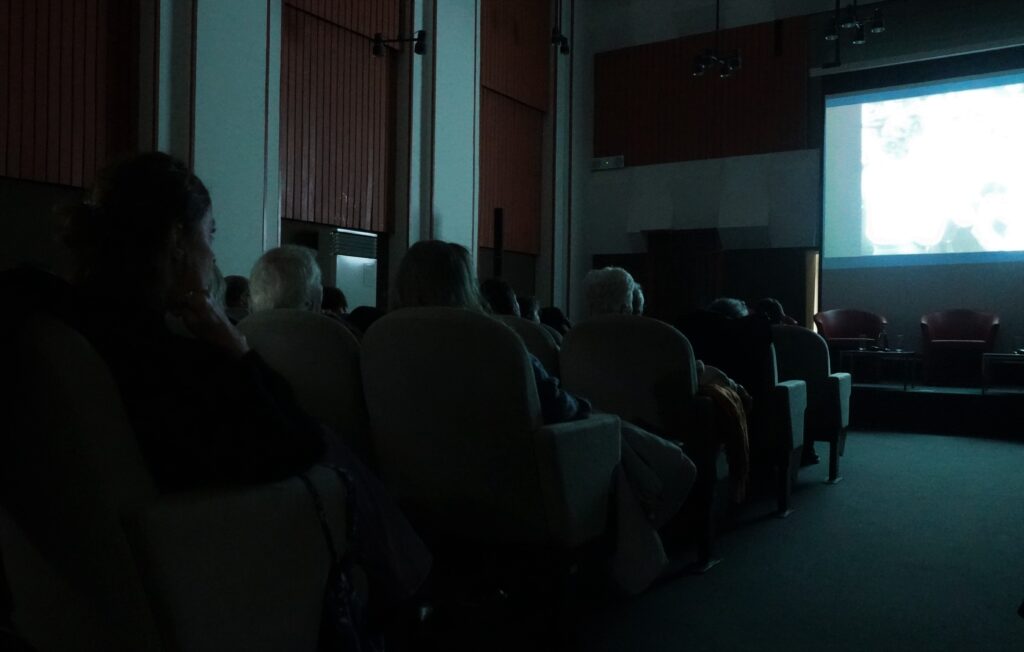
Collecting narratives, impressions, statements and opinions from individuals, groups, families or generations of people who directly or indirectly experienced the process of decolonisation in Mozambique is the driving force behind the “Cinema and Decolonisation: Mozambique in focus” cycle. This is the first film club project by the Centre for African and Development Studies (CEsA/CSG/ISEG/ULisbon). It is shown once a month in Auditorium 2 at ISEG – Lisbon School of Economics and Management.
The film club is coordinated by researcher Jessica Falconi (CEsA/CSG/ISEG/University of Lisbon) with scientific consultancy provided by researchers Joana Pereira Leite (CEsA/CSG/ISEG/University of Lisbon) and Ana Mafalda Leite (CEsA/CSG/ISEG/ULisbon). The curatorship is in the hands of researcher, director and psychotherapist Isabel Noronha, who came up with the original project idea, and filmmaker Camilo de Sousa. The films chosen for 2023 deal with the legacy and memories of decolonisation in Mozambique and each showing is followed by discussions with the artists involved in producing the work and researchers.
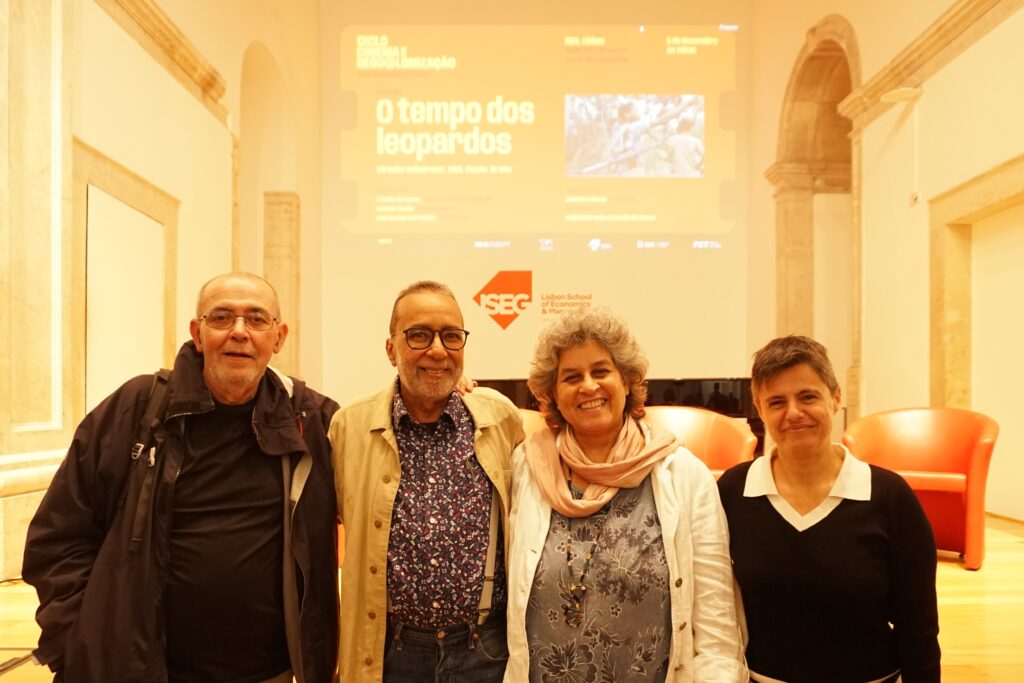
The opening session was held on 5 November 2022, when the first Mozambican film made after independence, “O tempo dos leopardos” (Zdravko Velimirovic, 1985, Fiction, 91 min) was screened. Curators Isabel Noronha and Camilo de Sousa and scriptwriter Luís Carlos Patraquim took part in the ensuing discussion, which was moderated by researcher Iolanda Vasile (CES/UCoimbra) (online participation).
The schedule for 2023 was launched on 28 January, showing the film “The Wind Blows from the North” (José Cardoso, 1987, Fiction, 101 min), followed by a discussion with the curator and Mozambican filmmaker Camilo de Sousa and CEsA researchers Joana Pereira Leite and Carlos Nuno Castel-Branco.
The following session took place on 28 February, with the screening of the film “Sleepwalking Land” (Teresa Prata, 2007, Ficção, 96 min) and a debate with the writer Mia Couto (online participation), the filmmaker Camilo de Sousa and the poet and journalist Luís Carlos Patraquim.
The most recent session took place on 25 March, with the screening of the docufiction “The Devil’s Harvest” (Licínio Azevedo e Brigitte Bagnol, 1988, Docufiction, 52 min) and a debate with the co-director and researcher Brigitte Bagnol (online).
The upcoming session will take place on 22 April, 10 am, in Auditorium 2 at ISEG (Entrance at Rua do Quelhas 6, Cloister Floor, 1200-781, Lisbon, Portugal), with the screening of the documentaries “The last prostitute” (Licínio Azevedo, 1999, Documentary, 48 min) and “Stored dreams” (Isabel Noronha, 2005, Documentary, 29 min, Portuguese). The debate will follow with Catarina Laranjeiro (others are yet to confirm).
Crucial moment
“This is a topic that continues to be the source of much debate and controversy here in Portugal. We are at a crucial moment in the history of Portuguese society which, like other countries, has seen the reigniting of racist and extreme right-wing ideas. This cycle could play an important role in mediating a debate on difficult memories, both on the Portuguese side and on the Mozambican side”, said Jessica Falconi.
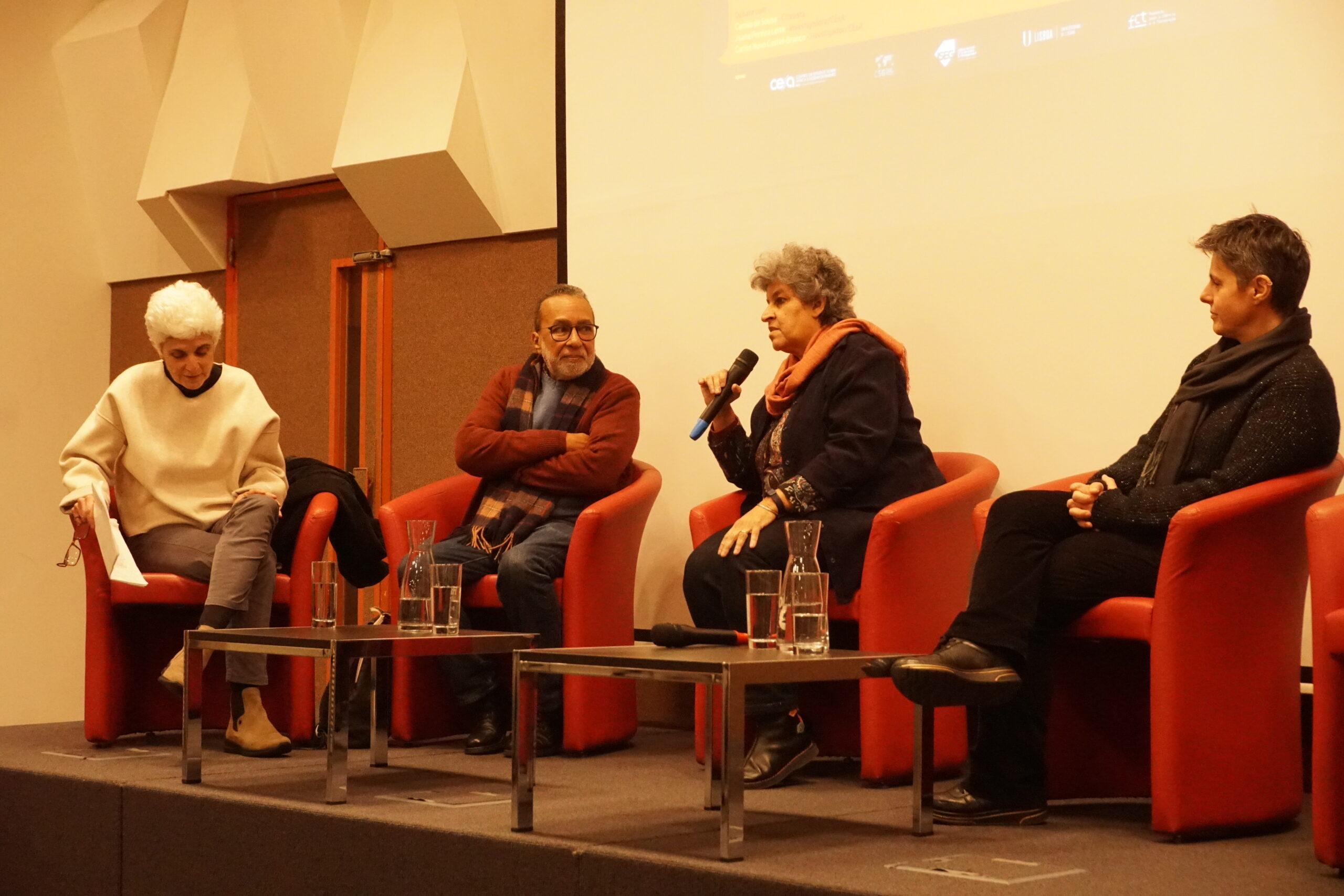
The researcher explained that the sessions are open to the public, but she expects more active participation from the people who experienced and came into contact with the decolonisation process, such as Portuguese and African ex-soldiers and everybody who had some sort of connection with the former colonies.
“There have been a number of projects in Portugal and in Europe that focused precisely on the post-war generations. We have every interest in having younger people discussing these issues, but we don’t want the generations who experienced these situations to be silenced. We believe that we still have to prepare the events, the traumatic and non-traumatic memories, and that they are still based on the contemporary”, said Falconi.
Laboratory of narratives
The expectations of the organisers are that the film club will be a laboratory of narratives, from the collection and construction of an archive of testimonials, where it will also be possible to analyse the impressions revealed from a psychological perspective. “We are very focused on the process. The dream is for it to become an interactive workshop, not just a cinema sample, where people can experiment with what it means to narrate your own experience in relation to these issues”, explained Falconi.
NEVIS
Another goal of the film club is to organise a filmography complete with all the technical information and post it online. This began under the scope of the NEVIS – Written and Visual Narratives of the Post-Colonial Nation (CEsA/FCT, PTDC/CPC-ELT/4939/2012) project, whose website has a preliminary database of films on this subject. The NEVIS project, funded by the FCT and coordinated by CEsA researcher Ana Mafalda Leite, studied cinematographic works in dialogue with literature.
In 2015, to mark the commemoration of the 40 years of independence of the Portuguese ex-colonies and the closure of NEVIS, the project promoted the Colloquium on Writing and Cinema in Portuguese-speaking Countries. The event was a milestone in bringing together renowned Portuguese-speaking film directors and producers: Ângelo Torres (São Tomé), Flora Gomes (Guinea-Bissau), Fernando Vendrell (Portugal), Zezé Gamboa (Angola), Isabel Noronha and Camilo de Sousa (Mozambique) and Leão Lopes (Cape Verde).
“It was very special because it brought all these people together, as there had never been events for getting together and exchanging experiences. After this encounter in 2015, we kept up this idea of creating a cinema project at CEsA and, in the end, we decided to start a film club in an attempt to combine the cinematographic dimension with the narrative dimension”, recalled Falconi.
Regresso a Nacala
The “Cinema and Decolonisation: Mozambique in focus” cycle, despite being the first film club at CEsA, is not the research centre’s first venture into the audiovisual. In 2000, researcher Joana Pereira Leite and director Brigitte Martinez produced the documentary “Regresso a Nacala” (Brigitte Martinez and Joana Pereira Leite, 2001, 75 min), funded by the National Commission for the Commemoration of the Portuguese Discoveries and by the Lisbon Photographic Archive (Lisbon Municipal Council) and supported by ICA/IP – Cinema and Audiovisual Institute and by RTP.
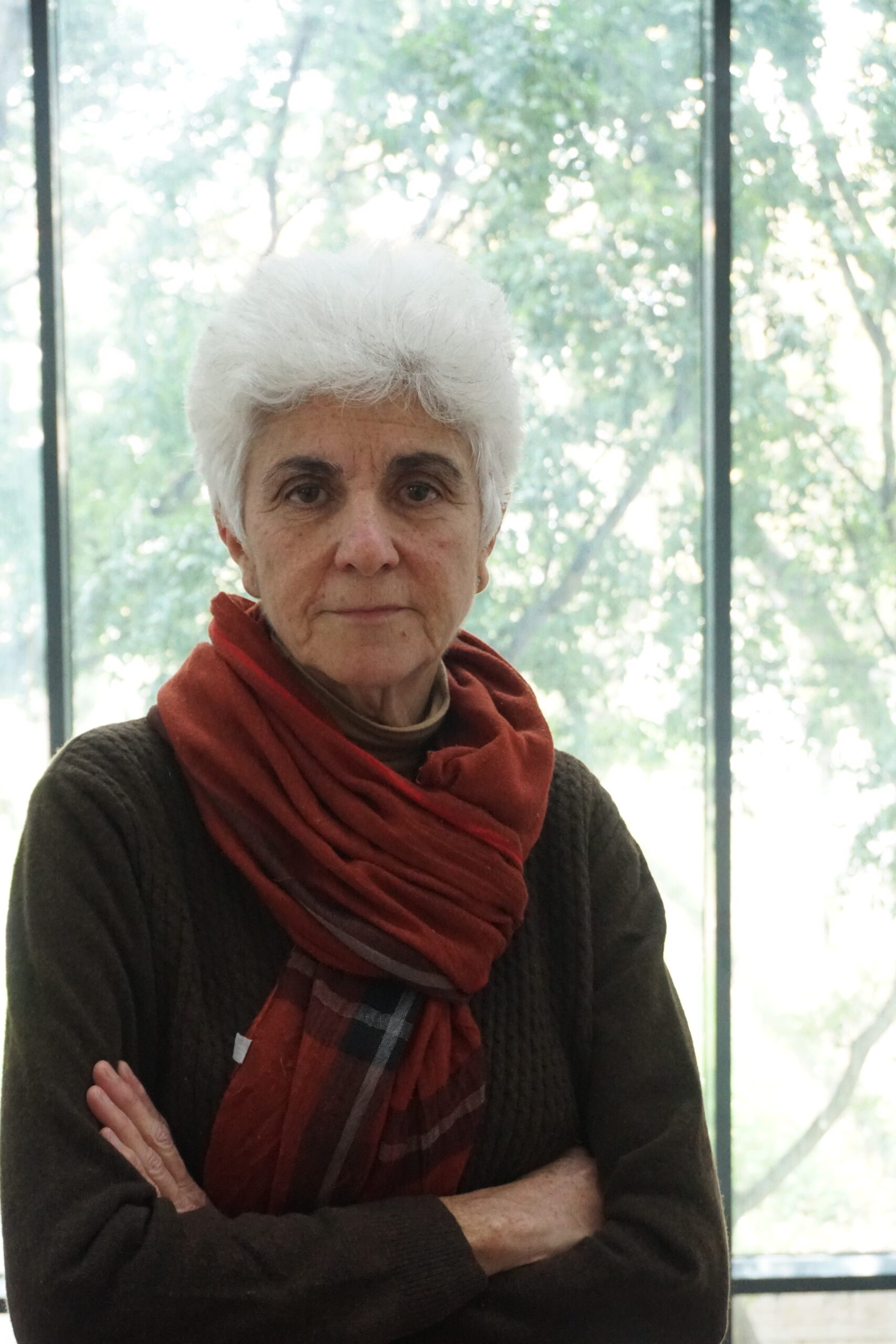
The film tells the story of the return to Nacala, a coastal city in Northern Mozambique, of photos taken over 20 years, between the 1950s and the 1970s, about the daily life of the Islamised fishing communities in the region of the Makua people. All by the former Portuguese settler, José Henriques e Silva. “He was a very sweet man, one of the few Portuguese settlers that had access to the other world and built a strong connection with the locals”, said Pereira Leite.
The documentary looks at the request from Henriques e Silva himself that “if anybody goes back to Nacala, go and look for my friends” to return photos of the Makua people to them, proposing, as the synopsis says, “a journey illuminated by meetings, a balance between the colonial era and the recent post-colonial era”. According to Pereira Leite, the return represented an important milestone for the history “of what Portuguese colonisation was apart from exploitation, with other dimensions, like affection”.
The images show the features of the Portuguese colonial adventure and the 16 years of civil war before the independence of Mozambique. The photos were exhibited in Lisbon in 1983, at Ar.co – Art and Visual Communication Centre, in Paris in 1986, at École des Hautes Études en Sciences Sociales (EHESS), and finally in Brussels in 2000, at the Charleroi Museum. They were also used in the book “Pescadores Macua”, on sale at BLX – Lisbon Library shop.
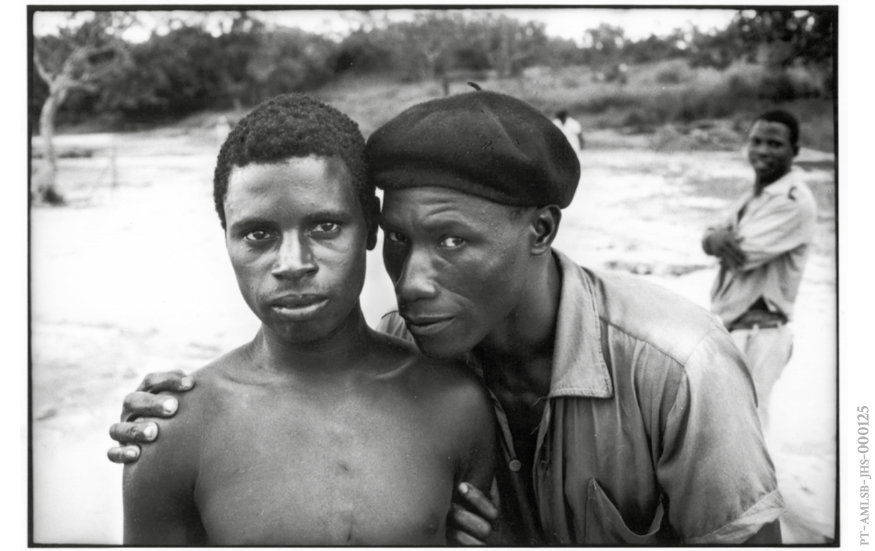
“Basically, he was an anthropologist and photographer of unusual talent. These photographic records of that region are the only ones I know of with that quality and that photographic dimension that took 20 years of contact to construct”, concluded Pereira Leite. The documentary is available online on the CEsA YouTube channel in Portuguese and French (click here to watch it in Portuguese) (click here to watch it in French).
Read/See more:
CEsA launches the film club “Cinema and Descolonisation: Mozambique in focus”
Check the full program for 2023 of the film club “Cinema and Decolonisation: Mozambique in focus”
Colloquium on “Writing and Cinema in Portuguese-speaking Countries” (28 and 29 May 2015)
Playlist on YouTube: “Regresso a Nacala”
Playlist on YouTube: “Retour à Nacala”
Text published in issue n. 1 of CEsA Digital Magazine. Authorship: Marianna Rios/Communication CEsA. Editing: Sónia Frias/CEsA Board and Filipe Batista/Communication CEsA. Translation: Inês Hugon. Design: Felipe Vaz.

CEsA Digital Magazine #1 | Research: After a pause due to the pandemic, the international seminar, In Progress, returned to CEsA with presentations and discussions on ongoing research on Africa

The 4th International Seminar on Social Sciences and Development in Africa (In Progress) was held at ISEG on 28 and 29 November 2022
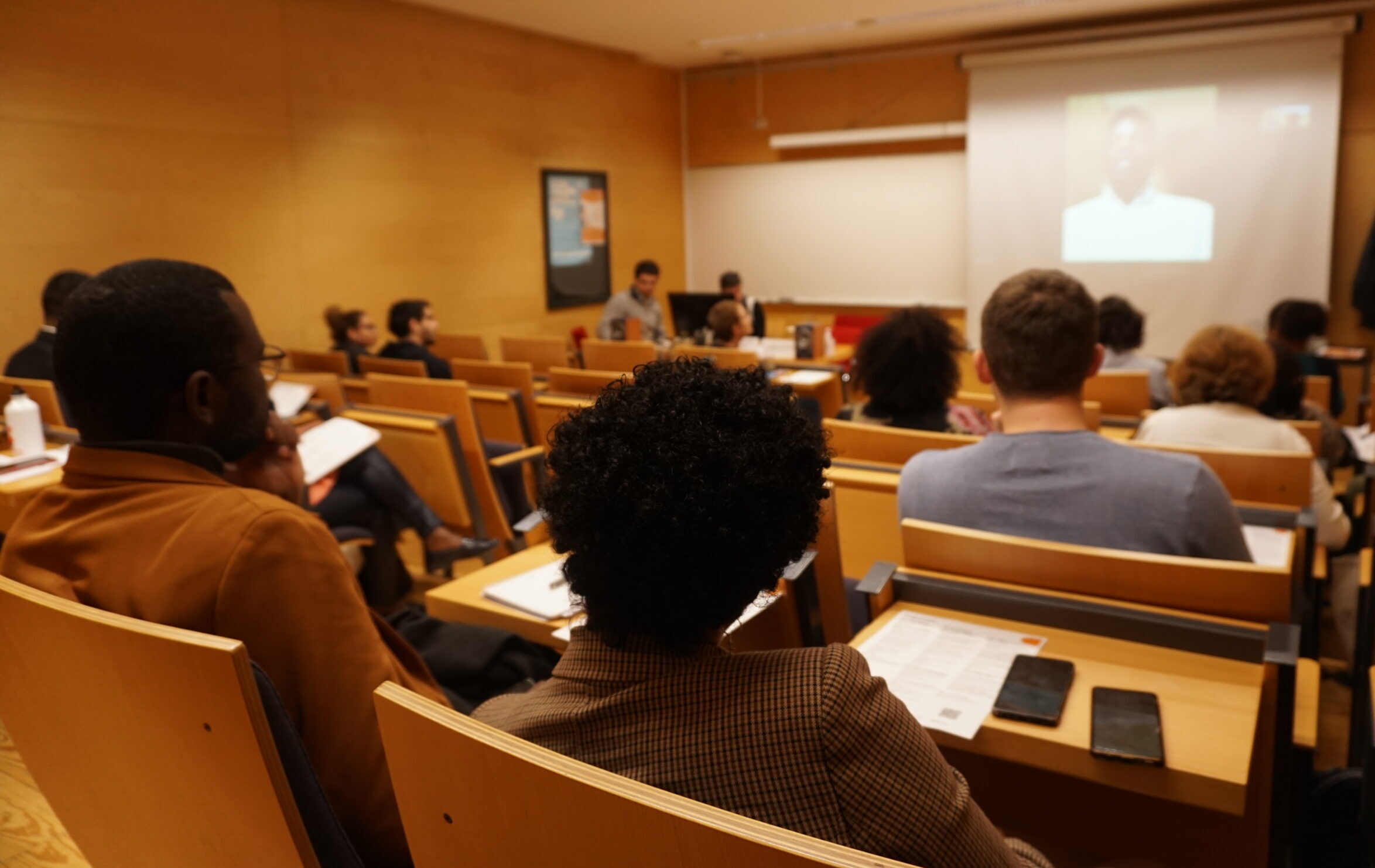
There were two full days, with 15 presentations of ongoing research, distributed over five panels, and a special conference on the colonial genesis of development, given by researcher Cláudia Castelo (ICS/ULisbon). This was the hectic scene at the last International Seminar on Social Sciences and Development in Africa (In Progress 4), which returned to the Centre for African and Development Studies (CEsA) for its fourth event on 28 and 29 November 2022 after a pause due to the restrictions imposed by COVID-19.
The event which is held every two years was organised by CEsA researchers Iolanda Évora, Sónia Frias and Sílvia Amaral. The scientific committee is made up of CEsA researchers Iolanda Évora, Sónia Frias, João Estêvão and Alexandre Abreu.
The seminar is aimed at master’s degree and PhD students and proposes to be a space for reflection on social studies on contemporary Africa and its development. The focus is peer presentation of ongoing research and the aim is to create a space for sharing and exchanging ideas. The sessions are moderated by professors and senior researchers, who lead the discussions and, thus, also come into contact with the students’ experiences and research.
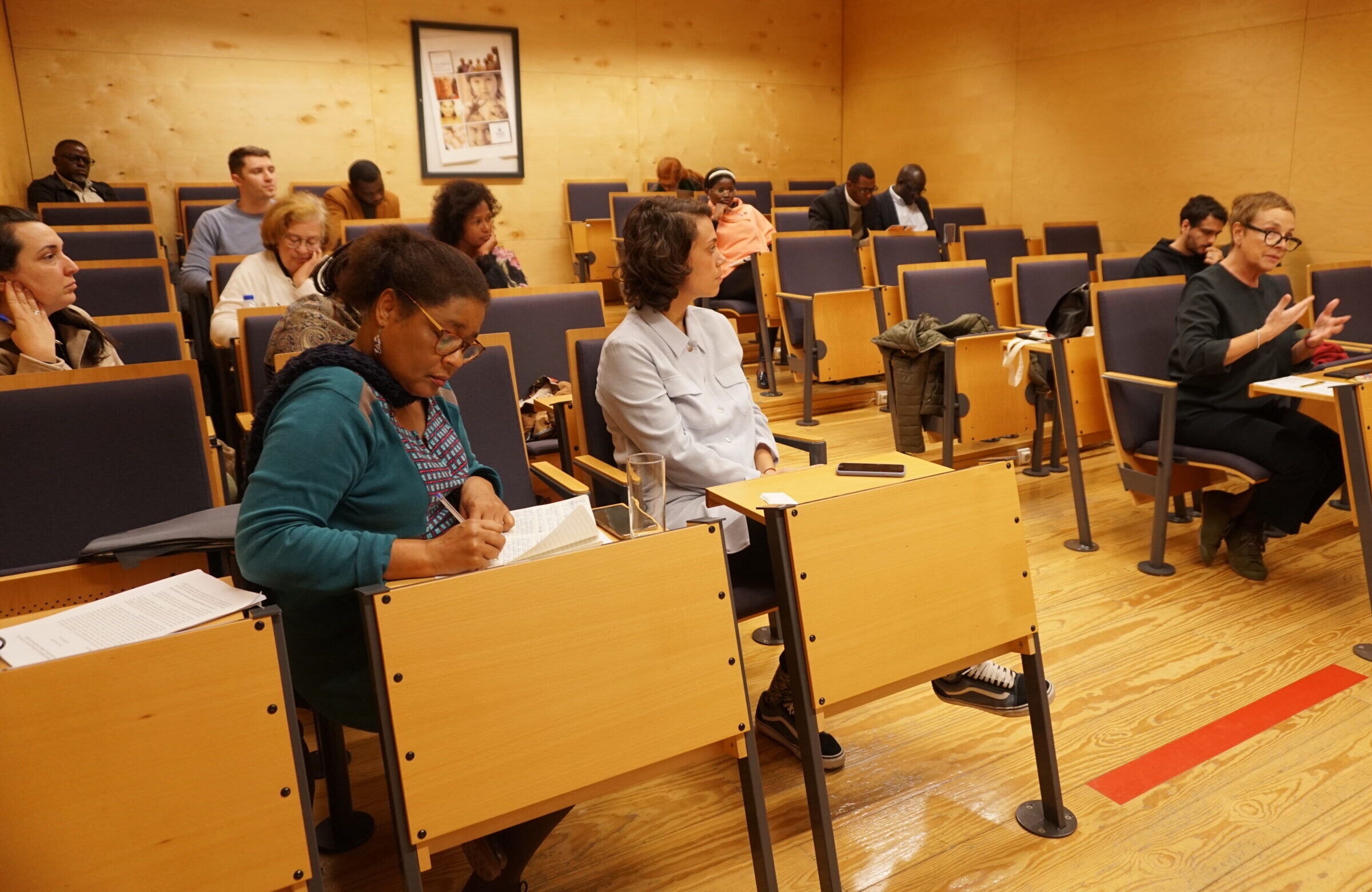
In-person meeting
For the first time, this fourth event was in hybrid format, with three remote presentations and 12 in-person presentations. Organiser Sónia Frias pointed out that despite adapting to the online environment, the focus of In Progress is still in-person meetings between researchers. “Research work is often a solitary affair and I realise that the students need to actually meet each other, get to know each other, talk and exchange ideas. Zoom is great for lots of things, but not for combating the solitude that always ends up defining academic work”, said the researcher.
Frias explained that face-to-face meetings foster and strengthen some important aspects for academic gatherings, such as solidarity, companionship and sharing ideas. “At the in-person event, apart from the working session, we all meet up during the coffee break, which is an informal moment that is normally very productive because conversation is generated, about the work too, the atmosphere becomes familiar, which allows for empathy and sharing experiences, as well as e-mails and phone numbers… We are going to facilitate remote presentation for those unable to come to Lisbon, but this will be the exception rather than the rule”, she said.
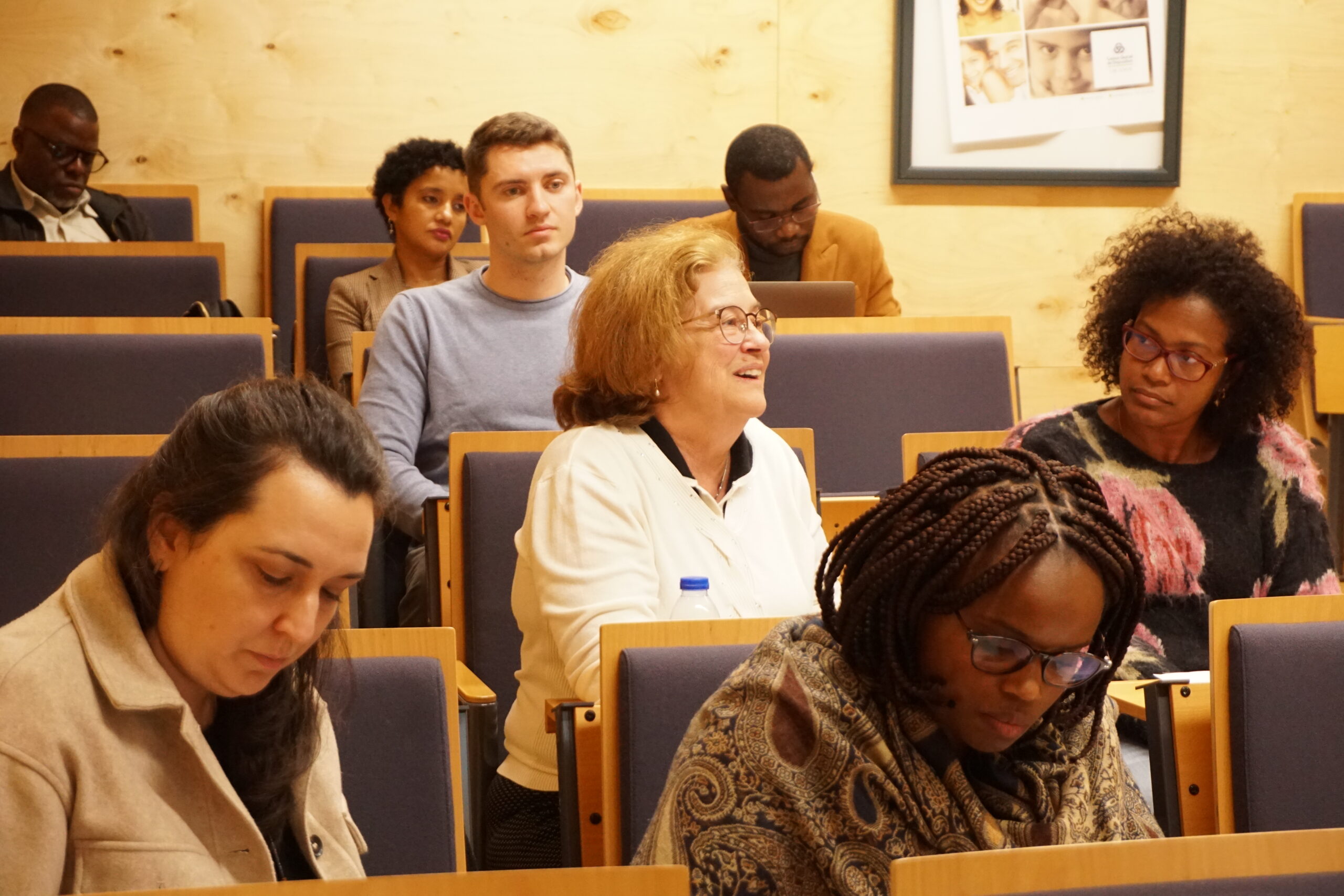
Subject areas
One of the goals of In Progress is to identify the subject areas that are of the most interest to researchers at the moment. The organiser and ISEG professor, Iolanda Évora, made an assessment of subject dynamics over the events: “Some subjects remain, such as development cooperation strategies, while others that were present at previous events were absent from this fourth event, such as the subject of populations, welfare and social change”.
Methodological tool
The fifth event, set for 2024, will coincide with the celebration of the 50th anniversary of the independence of the Portuguese ex-colonies and also the 40th anniversary of the foundation of CEsA, which Évora believes to be a favourable setting for making an assessment of the In Progress seminar itself. “We want to do some critical reflection on the path taken and the development of the subjects and approaches linked to Africa. In Progress is a methodological tool. Therefore, we have to make an analysis that takes this critical issue into account”, she explained.
Sónia Frias added that the event is also an opportunity for students to begin discussing methodological possibilities other than the traditional methodologies. “This is learnt in fieldwork and people who have this experience have an obligation to alert others to take this difference into account in their work. And this is where In Progress comes in, to encourage students to think about new and different possibilities.”
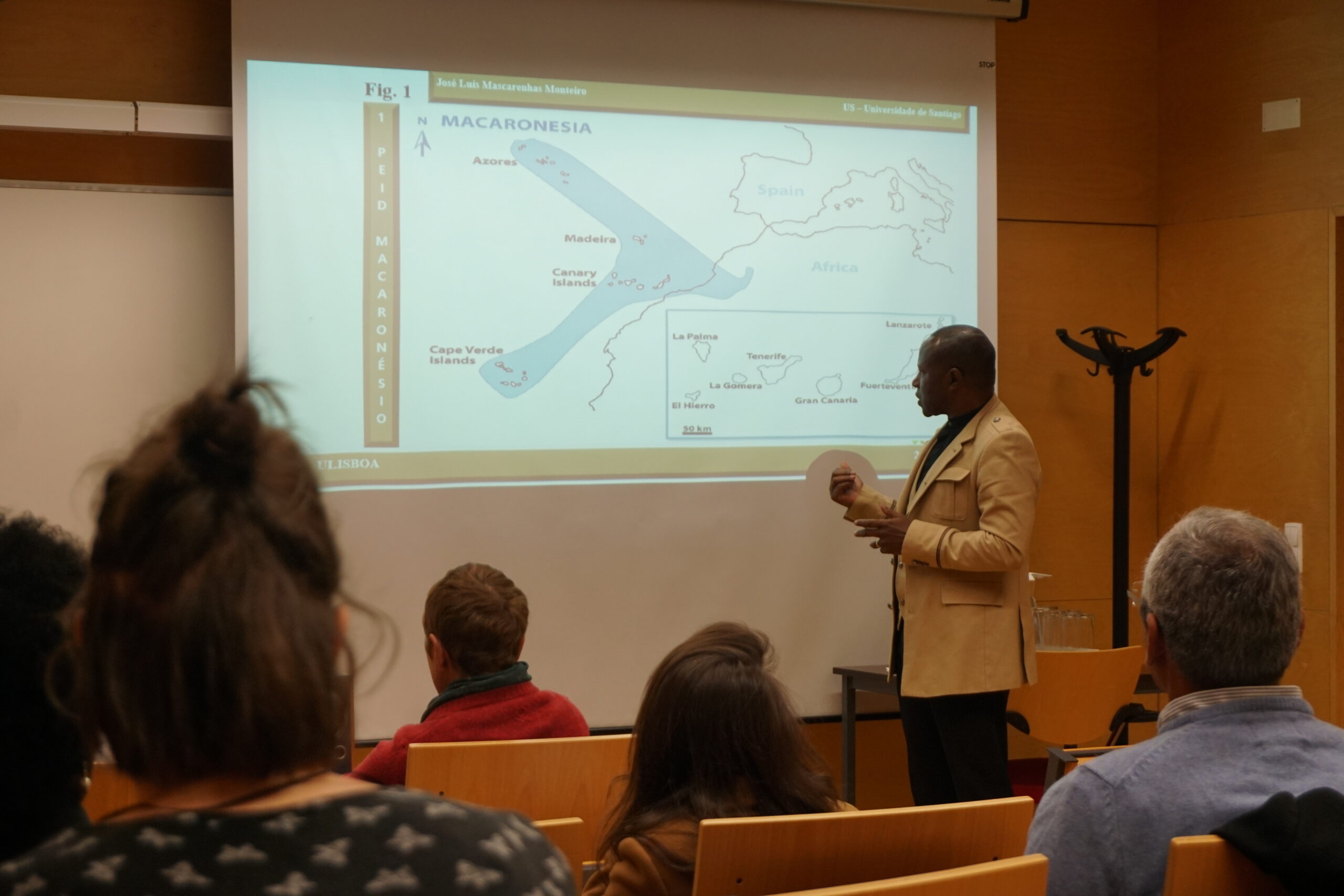
Pertinence to Africa
The upcoming In Progress events will therefore seek to move the debate towards encouraging discussion both on the methodological aspects of research on Africa and the pertinence of the research developed in social sciences about Africa — given that both the work presented and the event itself are positioned under the umbrella of social sciences produced in Europe.
“It’s looking at there from here, so we have to be aware of the pertinence of our studies in relation to what’s being discussed in Africa about African societies”, said Évora. “It is precisely from this perspective that we have the opportunity to discuss our research individually and understand that it falls under a wider field of development and cooperation, and a still wider field of social sciences and even human sciences”, according to the researcher.
Read more:
Text published in issue n. 1 of CEsA Digital Magazine. Authorship: Marianna Rios/Communication CEsA. Editing: Sónia Frias/CEsA Board and Filipe Batista/Communication CEsA. Translation: Inês Hugon. Design: Felipe Vaz.

CEsA Digital Magazine #1 | Research: The AFRO-PORT project is coming to an end but leaves behind a pioneering legacy in research into Afrodescendants in Portugal

AFRO-PORT, a CEsA research project with FCT (Foundation for Science and Technology) funding, studied Afrodescendants in Portugal from 2018 to 2022. The closing cycle took place in September 2022 and included the presentation of the results of the study on the profile of Afrodescendant organisations in the Lisbon Metropolitan Area, as well as the launch of a special edition of the Portuguese Literary and Cultural Studies magazine and the documentary “3×4 Afro-Portuguese: Portraits of a plural identity”
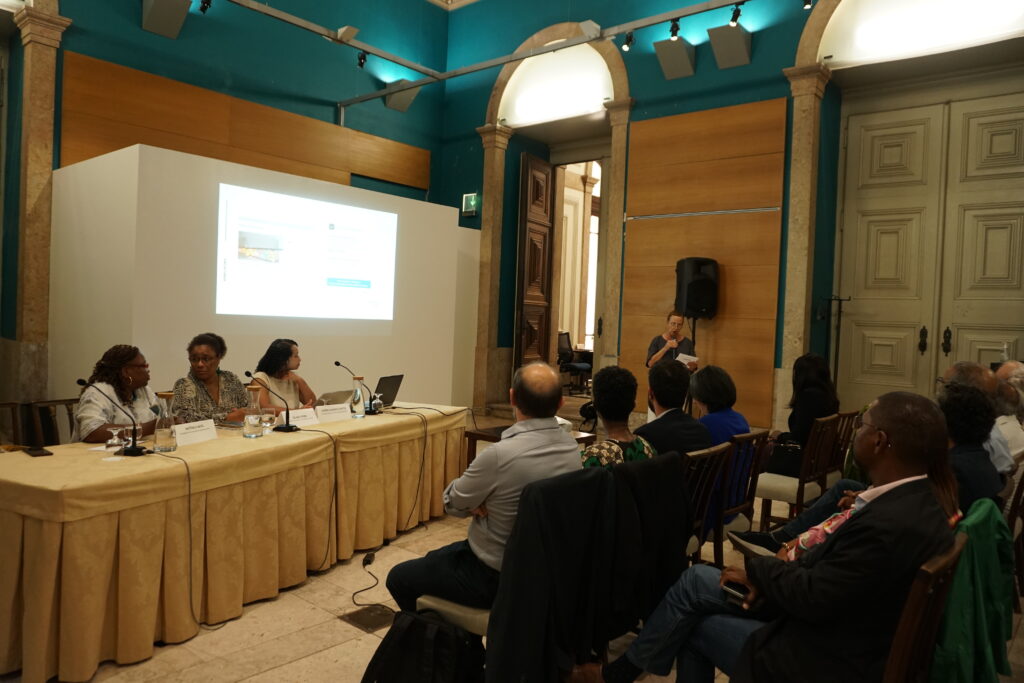
The closing cycle of the AFRO-PORT Project – “Afrodescendants in Portugal: sociability, representation and sociopolitical and cultural dynamics. Study in the Lisbon Metropolitan Area (CEsA/ISEG/ULisbon, FCT/PTDC/SOC-ANT/30651/2017)” took place on 16 and 21 December 2022 at Lisbon Municipal Council and the Carnide Cultural Centre, respectively. AFRO-PORT is a CEsA research project coordinated by Professor Iolanda Évora (CEsA/CSG/ISEG/ULisbon) and co-coordinated by Professor Inocência Mata (LAC/ULisbon and CEComp/FLUL/ULisbon), with FCT (Foundation for Science and Technology) funding, which stood out as pioneering research into Afrodescendants in Portugal from 2018 to 2022.
AFRO-PORT focused on researching Afrodescendants in Portugal with the main goal of identifying the affirmation processes for securing rights. Other goals included: characterising the Afrodescendants in the Lisbon Metropolitan Area in a Portuguese social setting, asking about the emergence of the Afrodescendants as a new group and their place in society, understanding the mechanisms that exclude Afrodescendants and at the same time identifying the process for securing rights.
Regarding the increasingly frequent use of the term “Afrodescendants” and the concept of “Afrodescendancy”, the researcher at the Centre for African and Development Studies (CEsA/CSG/ISEG/ULisbon) and coordinator of AFRO-PORT, Iolanda Évora, highlighted the importance of being able to monitor the anchoring processes of a concept or category in a certain social context, “as not all of the people or groups identify as such”. “We are faced with a fluid phenomenon that is in the process of becoming rooted, which means that perceptions are being built as a result of and as an expression of Portuguese society and its diversity”, explained Évora.
And it was research into a topic in the process of being constructed and undergoing social transformation in Portugal that gave AFRO-PORT its innovative and pioneering character. “Before starting this project, we didn’t realise that there were young people who were born here and do not call themselves Afrodescendants; rather they say they are second, third, fourth generation Africans. But then I think: weren’t they born here?! These are the voices we want to hear”, said Inocência Mata, a researcher at the Centre for Comparative Studies (CEComp/FLUL/ULisbon) and co-coordinator of AFRO-PORT.
For the coordinators of AFRO-PORT, the use of the term “Afrodescendant” has a number of meanings. Apart from the research, they realised that several people were asking if this wasn’t just a modern way of continuing not to accept black people as such in Europe. “Is Afrodescendant this new term because people won’t admit that black people can be citizens with rights in the Old Continent and continue to be called African?”, asked Évora, based on the statement collected during the research.
Special edition of the PLCS journal on Afrodescendants and racism
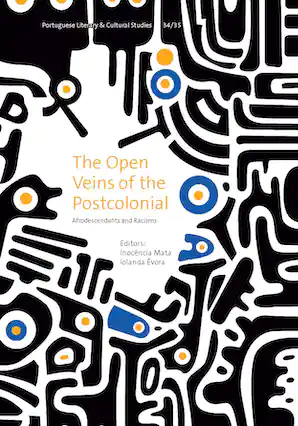
The first session in the closing cycle of the AFRO-PORT Project was held at Lisbon Municipal Council on 16 September 2022. The event consisted of launching a special edition of the Portuguese Literary and Cultural Studies magazine on Afrodescendants and racism: “The Open Veins of the Postcolonial: Afrodescendants and Racisms” (click here to access). This thematic issue has 17 articles on different subjects, such as African presence in Portugal since the 16th century, black autonomy in Portugal, the idea of race and the meaning of whiteness, the reformulation of racist and colonial discourse, etc.
The research undertaken for the magazine was presented by Aurora Almada e Santos (Institute of Contemporary History/Nova University Lisbon) and by Inocência Mata. “This is the first publication from the AFRO-PORT project. We spent two years working on this magazine because we wanted it to bring a more in-depth and less immediate reflection on the subjects we were discussing. We mainly wanted to remove this idea that the issue of racism only applies to immigrants in Portuguese society”, said Mata.
The event was also attended and supported by councillors Beatriz Gomes Dias and Rui Tavares. “It’s very important that the Afro-Portuguese and Afrodescendant issue has reached the pages of a magazine as important as this one”, complimented Rui Tavares. “It brings a perspective that brings to light a wide range of discrimination issues. It’s very important to look at it like this because it breaks with myths, definitions, the set of hierarchies, and contributes to this fight against racism and discrimination”, concluded Beatriz Gomes.
Study on Afrodescendant associations in Lisbon and launch of a short film
The second session in the closing cycle of the AFRO-PORT Project took place in the Carnide Cultural Centre in Lisbon on 21 September 2022 and consisted of the presentation of the main results from the “Afrodescendant Associations in the Lisbon Metropolitan Area: Topics for discussion” study and the launch of the short film “3×4. Afro-Portuguese: Portraits of a plural identity” (Nêga Filmes), an audiovisual production developed under the scope of the AFRO-PORT Project.
The question of the reasons for the use of the term was brought up again in this session. For the co-coordinator of AFRO-PORT, Inocência Mata, speaking of Afrodescendancy elicits a mix of feelings and questions, because at the same time as it proudly alludes to African origin, it is also a way of avoiding the use of the word “black”. “Nowadays, claiming to be a Portuguese Afrodescendant means claiming belonging and ancestry at the same time. It also serves for public policies to bear in mind this discrimination of difference, and we need facts and figures to be able to tell the authorities that there is structural and institutional racism in Portugal”, concluded Mata.
The results of the study on the profile of the associations were presented by Mila Dezan (MDCI/ISEG/ULisbon). The research initially mapped out around 140 associations operating in the Lisbon Metropolitan Area and that deal with issues related to Afrodescendants, but only 22 of them identified themselves as Afrodescendants.
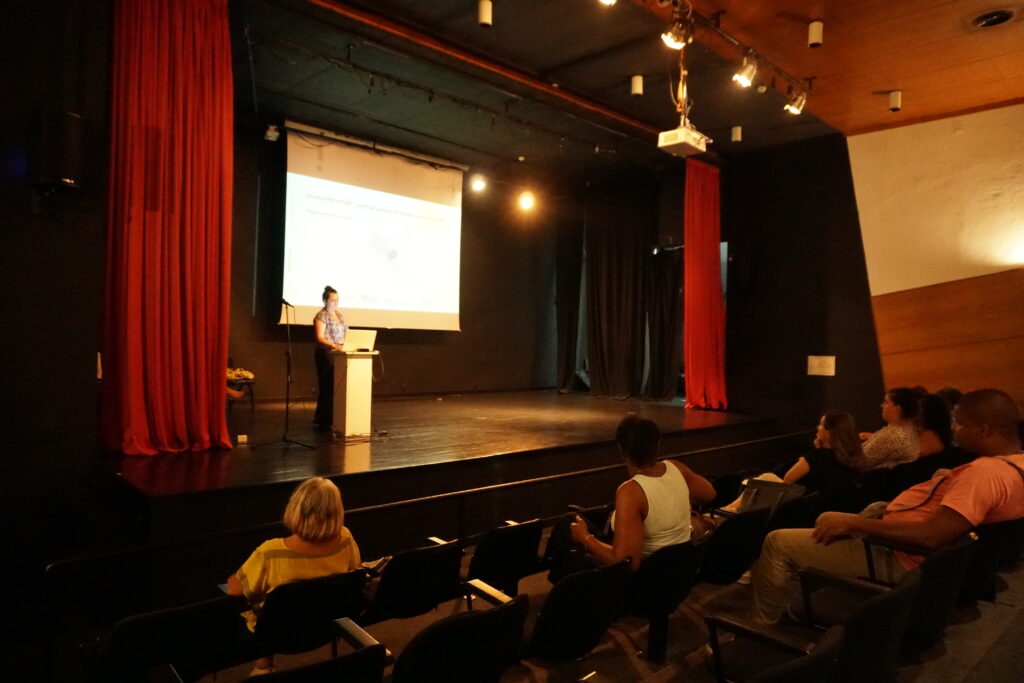
“We found some resistance in the organisations to presenting themselves as Afrodescendants. Some did so, but are cautious when it comes to using this term officially”, according to Dezan. “This leads us to wonder if this term has been imposed or if we’re witnessing the beginning of a new social characterisation to justify this resistance. What are the advantages and disadvantages of presenting themselves as Afrodescendant organisations?”, she asked.
In her comments on the study, Évora was of the opinion that several issues had been raised. “What is this term replacing and what convenience and benefits does it bring? Some associations use the term for example when they are talking to public authorities. My expectation as a social scientist is that these communities will use this term and be very clear about what it means”, Évora stressed.
The meeting was marked by the launch of the short film “3×4 Afro-Portuguese: Portraits of a plural identity” (Nêga Filmes), an audiovisual production developed under the scope of the AFRO-PORT Project (you can watch it below, available only in Portuguese). In 11 interviews with different people, including men, women, young people and the elderly, the film paints a picture of what people in Portugal think about the concept of Afrodescendants.
Further information about the AFRO-PORT activities, events and news can be found on the official project website (https://cesa.rc.iseg.ulisboa.pt/afroport/).
Read/See more:
Short film “3×4 Afro-Portuguese: Portraits of a plural identity” (Nêga Filmes) (only in Portuguese)
Text published in issue n. 1 of CEsA Digital Magazine. Authorship: Marianna Rios/Communication CEsA. Editing: Sónia Frias/CEsA Board and Filipe Batista/Communication CEsA. Translation: Inês Hugon. Design: Felipe Vaz.

CEsA Digital Magazine #1: Editorial Note by Sónia Frias, member of the CEsA Board

The Editorial Note for issue n. 1 of the CEsA Digital Magazine was written by Sónia Frias, member of the CEsA Board

At CEsA, we’ve begun 2023 with energy and renewed hope for better days to come.
With the pandemic under control, it feels good to get out of the house and go back to our other places again, working as a team, thinking about initiatives and projects around a meeting table, during the coffee break or at a working lunch. But it was during the pandemic, with the support of videoconference platforms, that we first starting discussing and planning some of our most interesting initiatives for this year.
I’d like to highlight the EADI CEsA Lisbon Conference 2023: Towards New Rhythms of Development, which will be held at ISEG in Lisbon from 10 to 13 July. The conference is co-organised by CEsA and EADI (European Association of Development and Training Institutes), with the participation of colleagues from different countries and continents. It will undoubtedly be an excellent conference and an opportunity for meeting and discussing an wide variety of subjects and issues.
Apart from this important event, CEsA will also have its normal plan of projects and initiatives. It is important to highlight the conclusion of the AFRO-PORT Project – coordinated by our researcher Iolanda Évora, and co-coordinated by Inocência Mata (FLUL/University of Lisbon), with the support of Mila Dezan (MDCI/ISEG/University of Lisbon). AFRO-PORT was considered to be one of the most interesting projects on the subject of Afrodescendants in Portugal. This project organised conferences and discussions of great interest and designed different cultural activities in various formats, with the participation of several groups in civil society, Afrodescendants or not, associations and academia. The project exposed silent realities and tacit coexistence, confronting us with issues such as racism, poverty, participation, and showing us much of the marginal side of the Lisbon region.
It is also important to highlight the Cinema and Decolonisation: Mozambique in focus project, undertaken by CEsA researcher Jessica Falconi and director Isabel Noronha, with extremely interesting film sessions on the social, political and other realities of Mozambique in this particular case. The first presentation was in November 2022 and it will end in July 2023. The sessions are held at ISEG on Saturday mornings and, given the importance and interest of these projects, it is important to call attention to the calendar (see here).
The In Progress 4 – International Seminar on Social Sciences and Development in Africa was concluded on 28 and 29 November 2022. It was coordinated by researchers Iolanda Évora and Sónia Frias with the assistance of Sílvia Amaral. These seminars are held every two years and are aimed at master’s and PhD students researching into and/or about African countries. The participants are invited to present their papers, followed by very rich and interesting discussion periods. The participants are then give the opportunity of having their papers published in a specific e-book.
We have continued the CEsA Thinks seminars. A work cycle that ended in February with a conference on the Effects of Climate Change on Businesses in Retail Food Industry and Responses in Nigeria. The conference was presented by Professor Auta Elisha Menson (Kaduna State University) and discussed by our researcher Vincent Agulonye.
Today we are launching the CEsA Digital Magazine. A biannual digital magazine, providing a new project to the community and particularly geared towards scientific dissemination.
Finally, it gives me great pleasure to remind you that… CEsA was founded in 1983, which means it will be celebrating its 40th anniversary this year. We’re getting the party ready as it’s important to celebrate both our journey and the important work done in African Studies and Development, as well as the new plans and the will to continue journeying towards an open future.
There isn’t much space; choices will have to be made. I’ve pointed out some of the initiatives that I find more interesting or more pressing. But you can find out much more on the CEsA Digital Magazine. Take a look!
In this issue:
Get to know the CEsA:
Text published in issue n. 1 of CEsA Digital Magazine. Authorship: Sónia Frias/CEsA Board. Editing: Marianna Rios and Filipe Batista/Communication CEsA. Translation: Inês Hugon. Design: Felipe Vaz.
